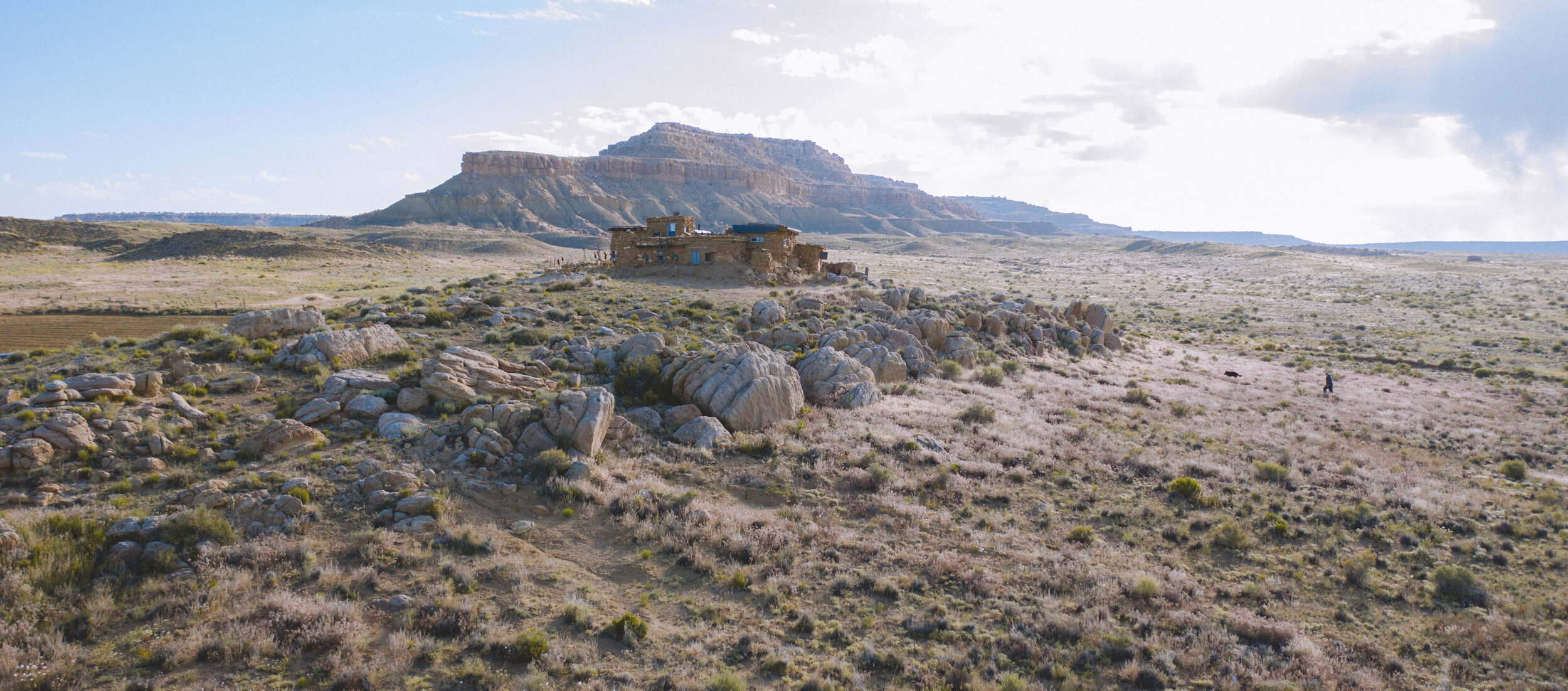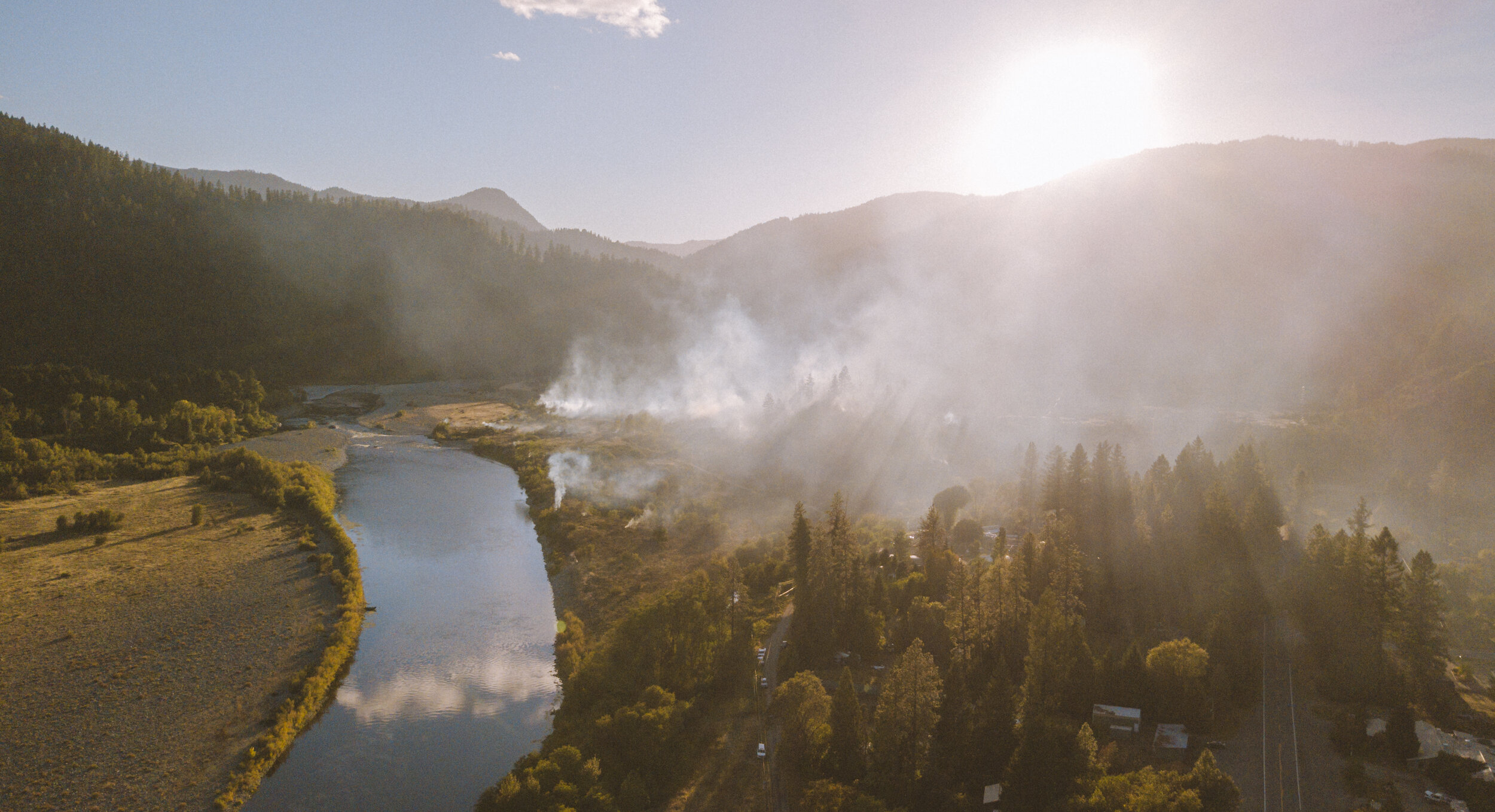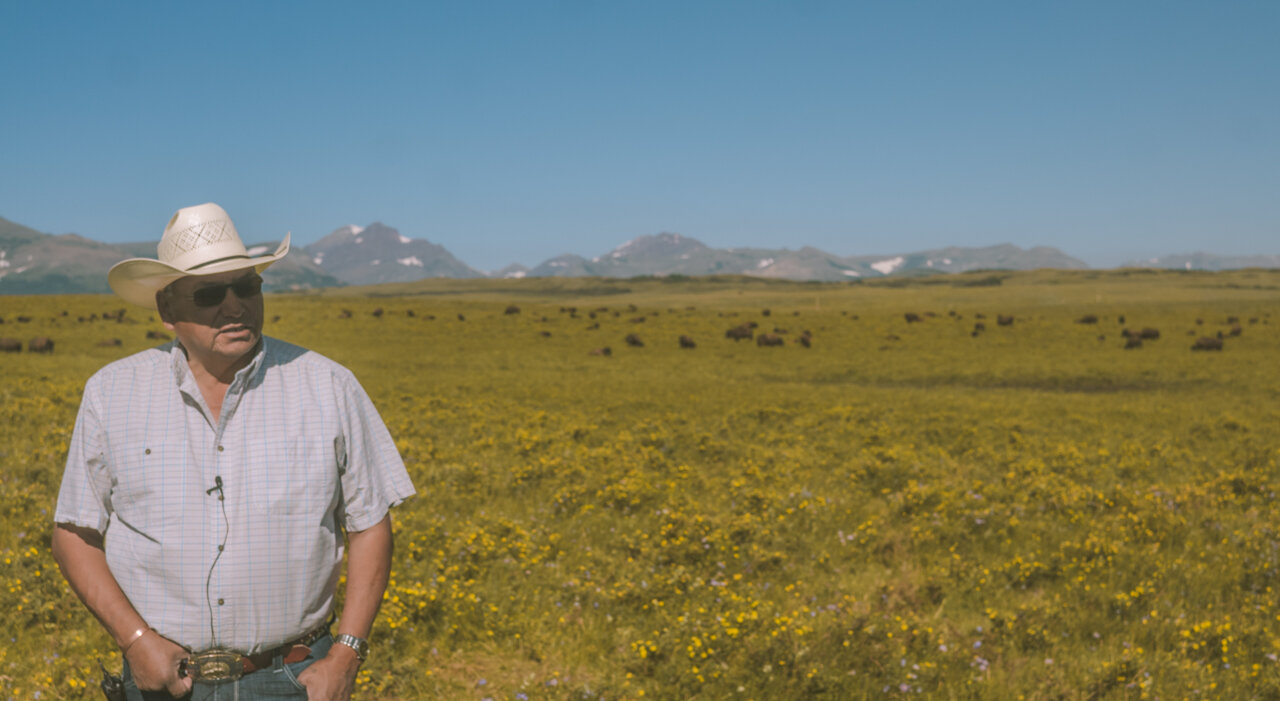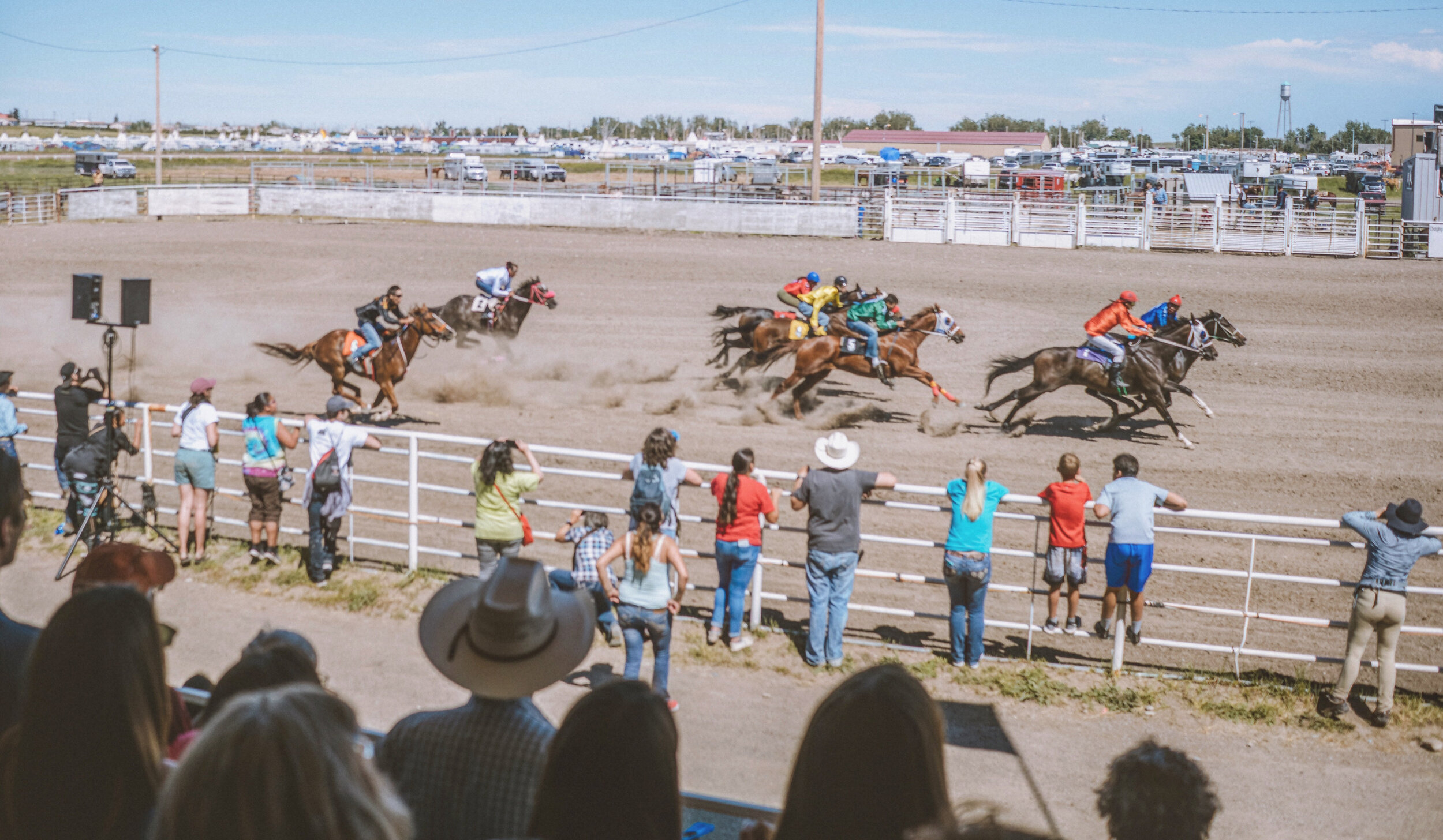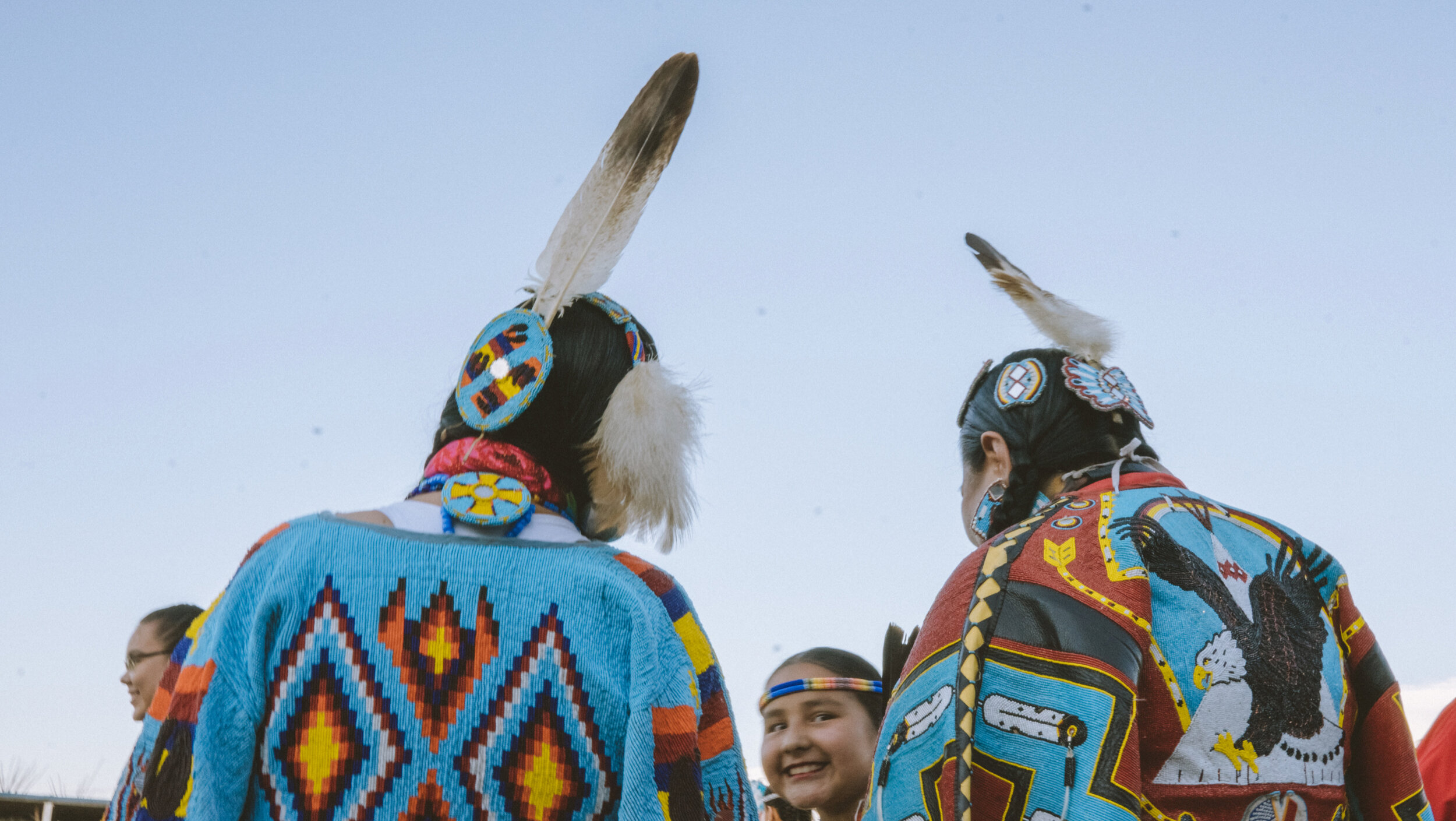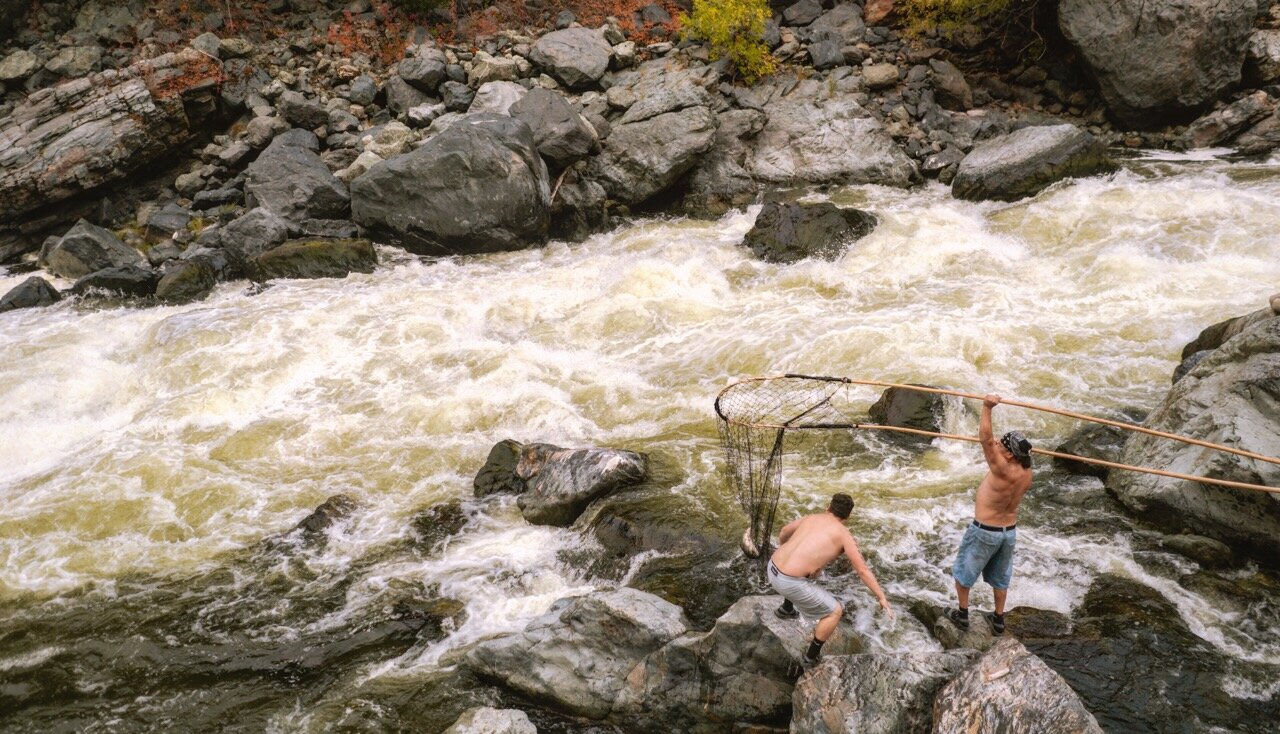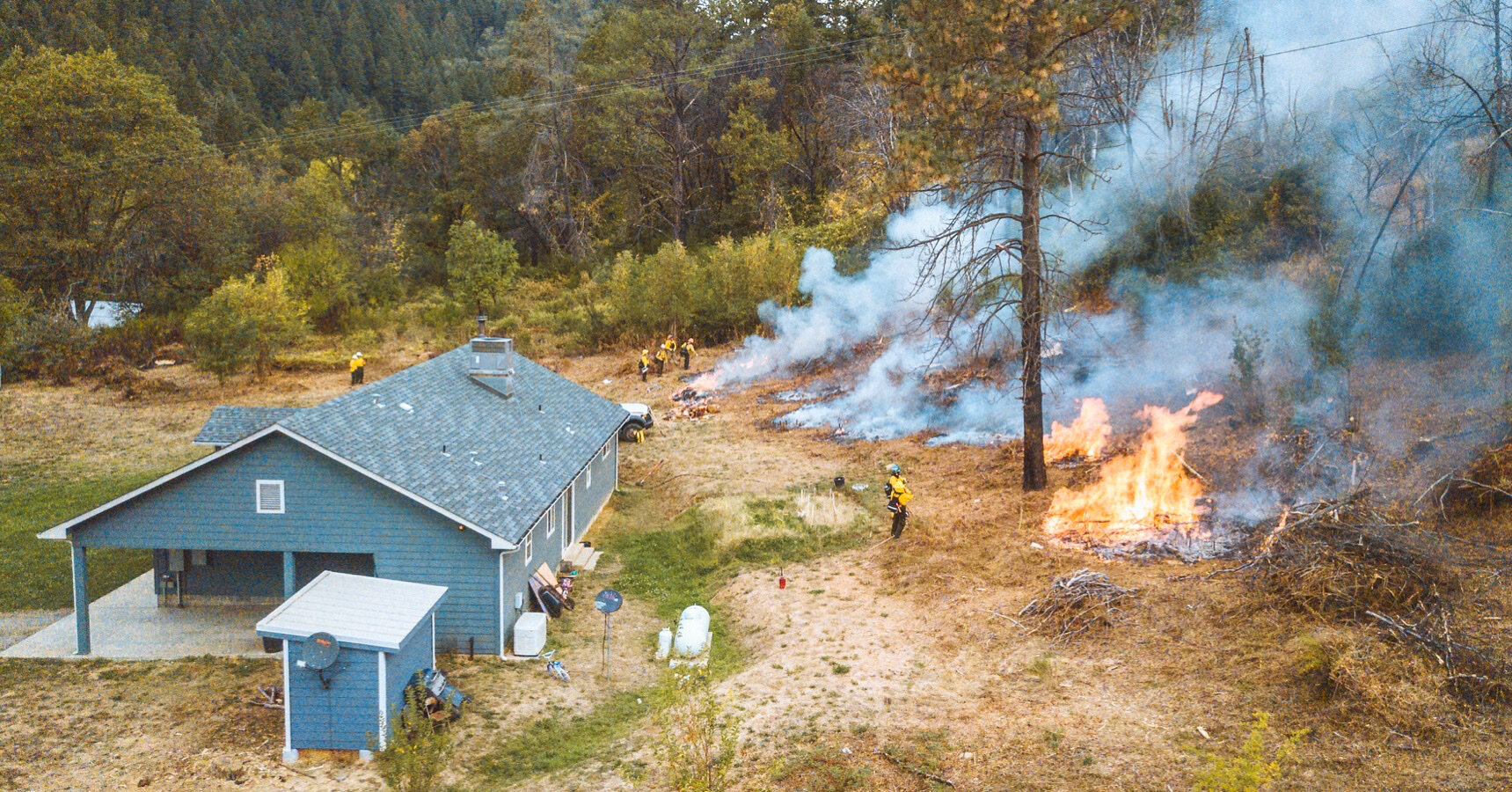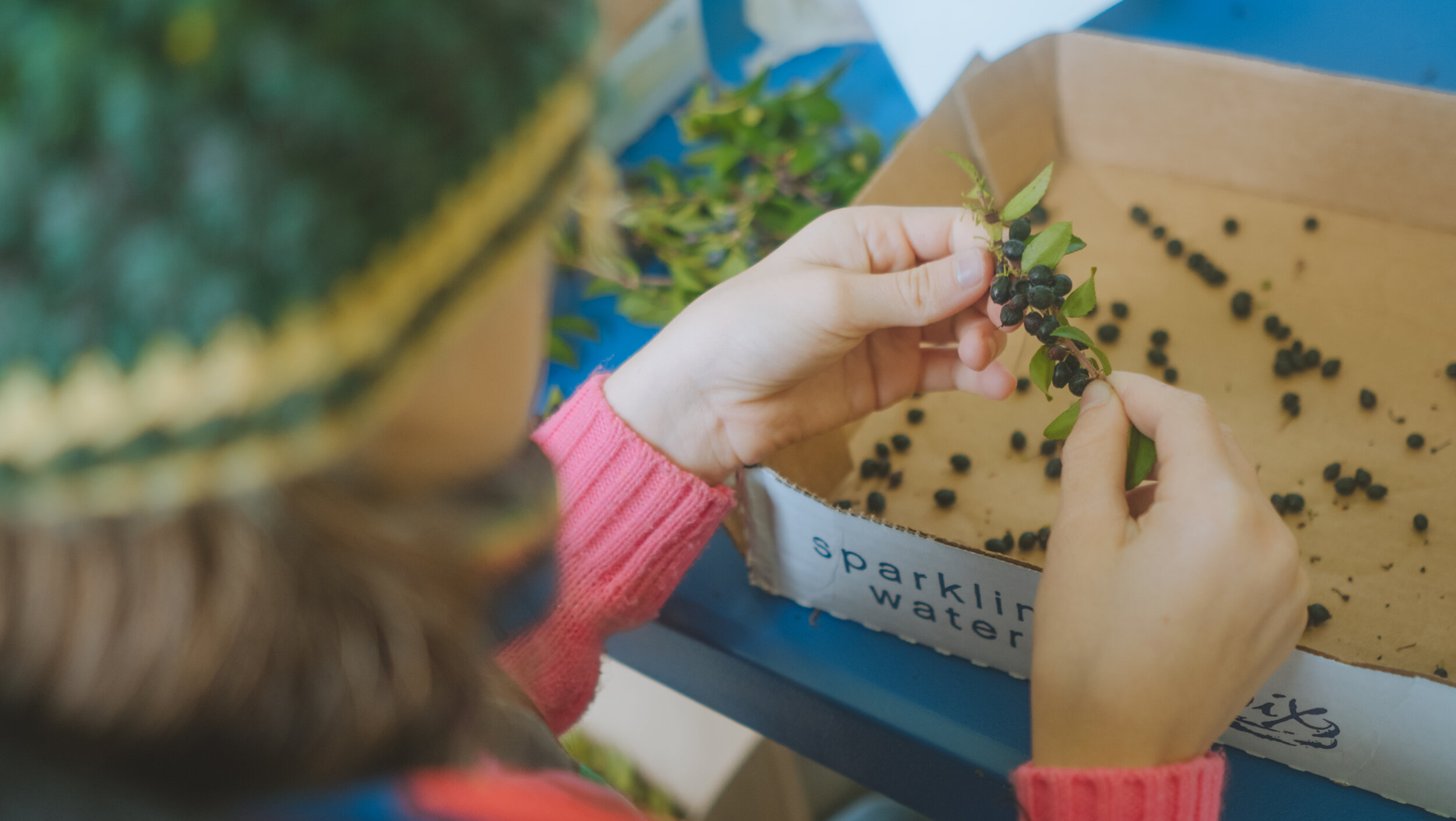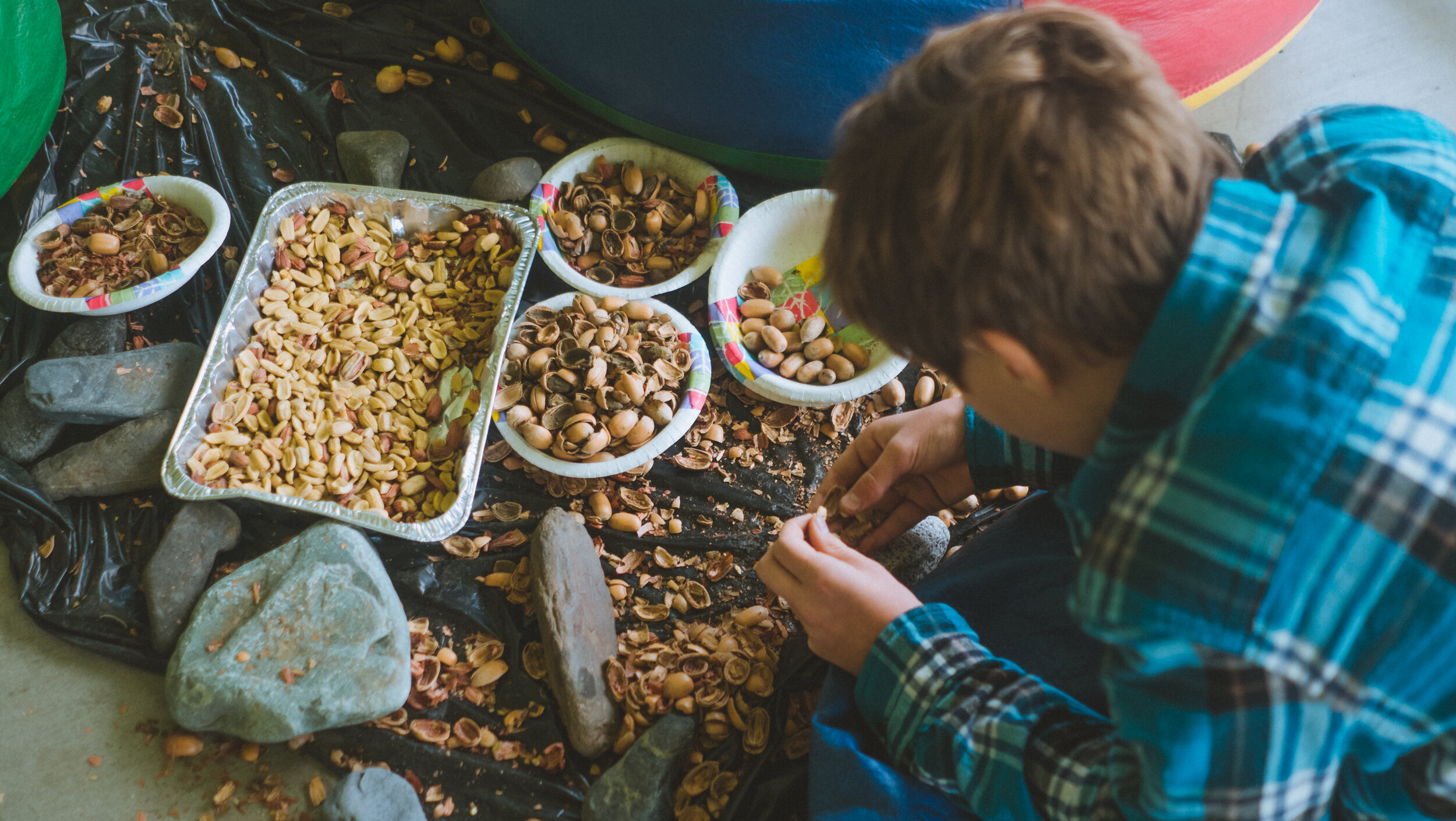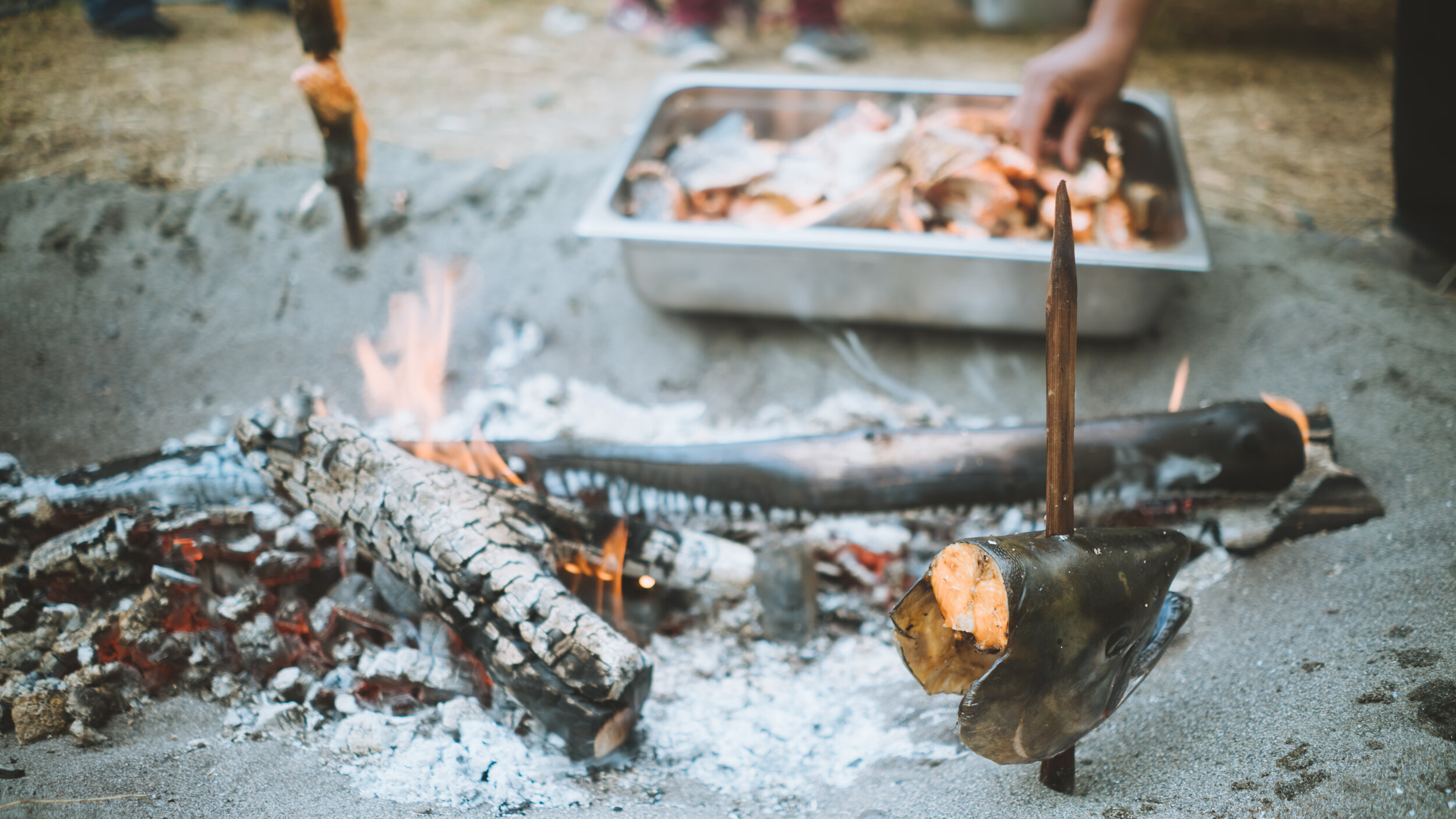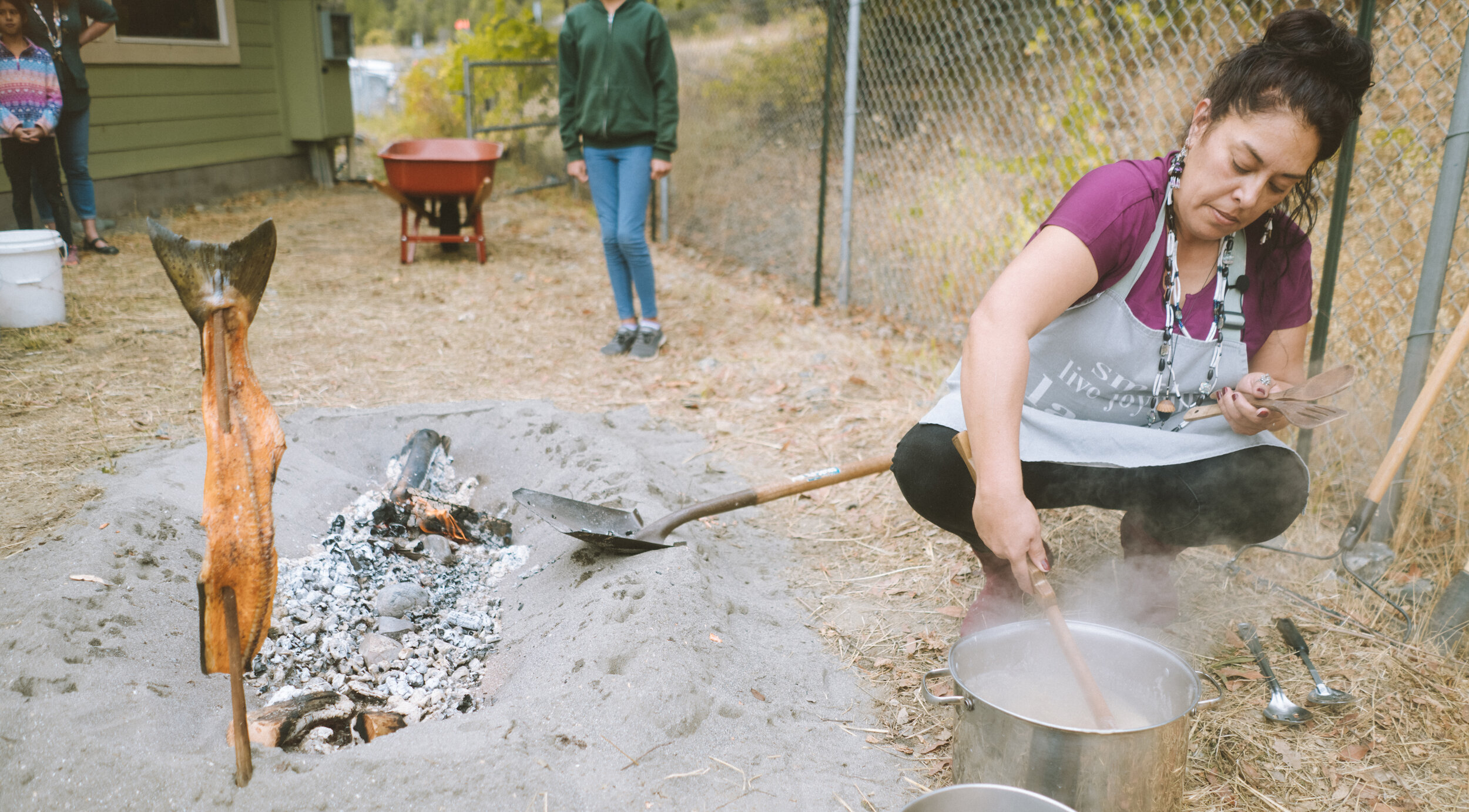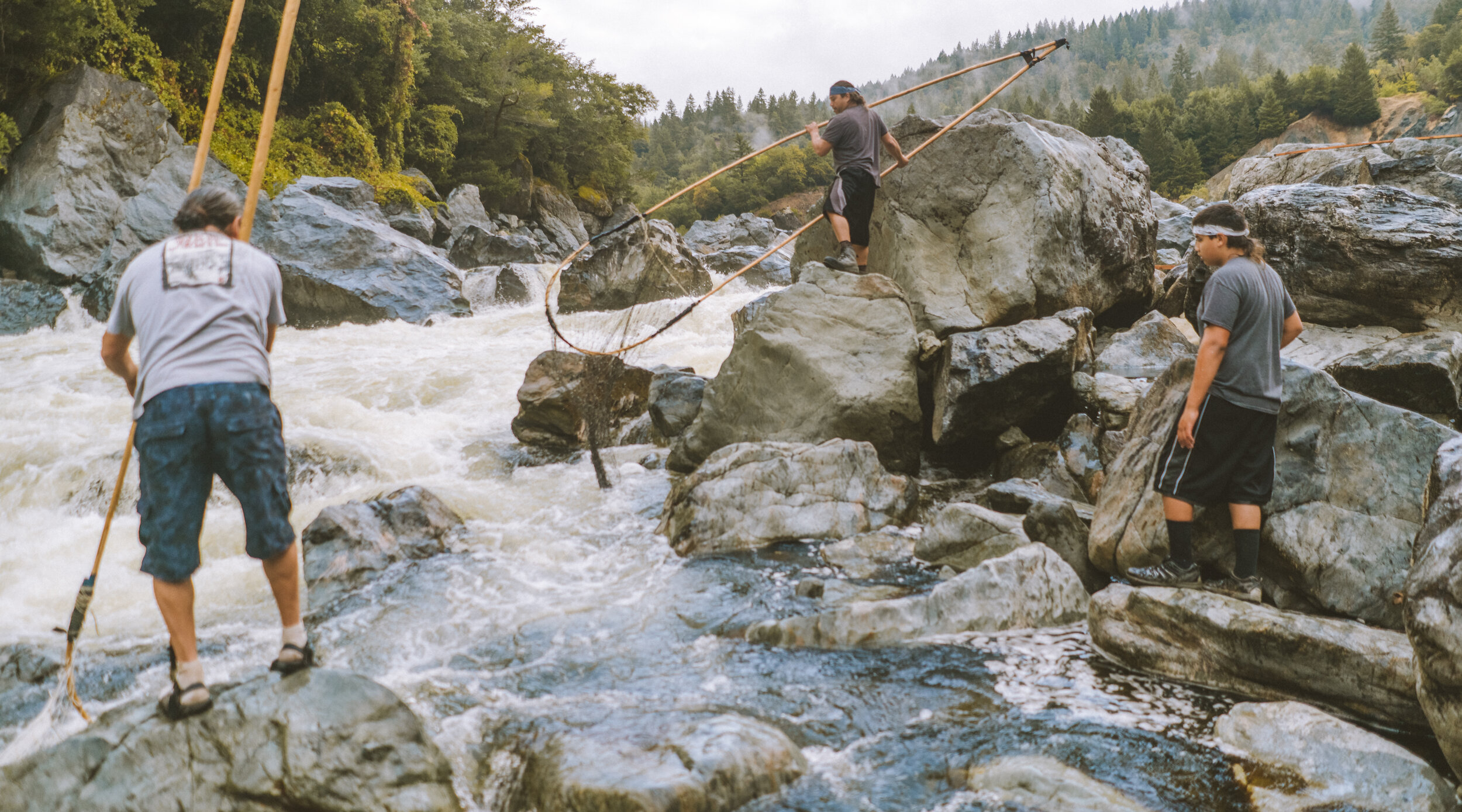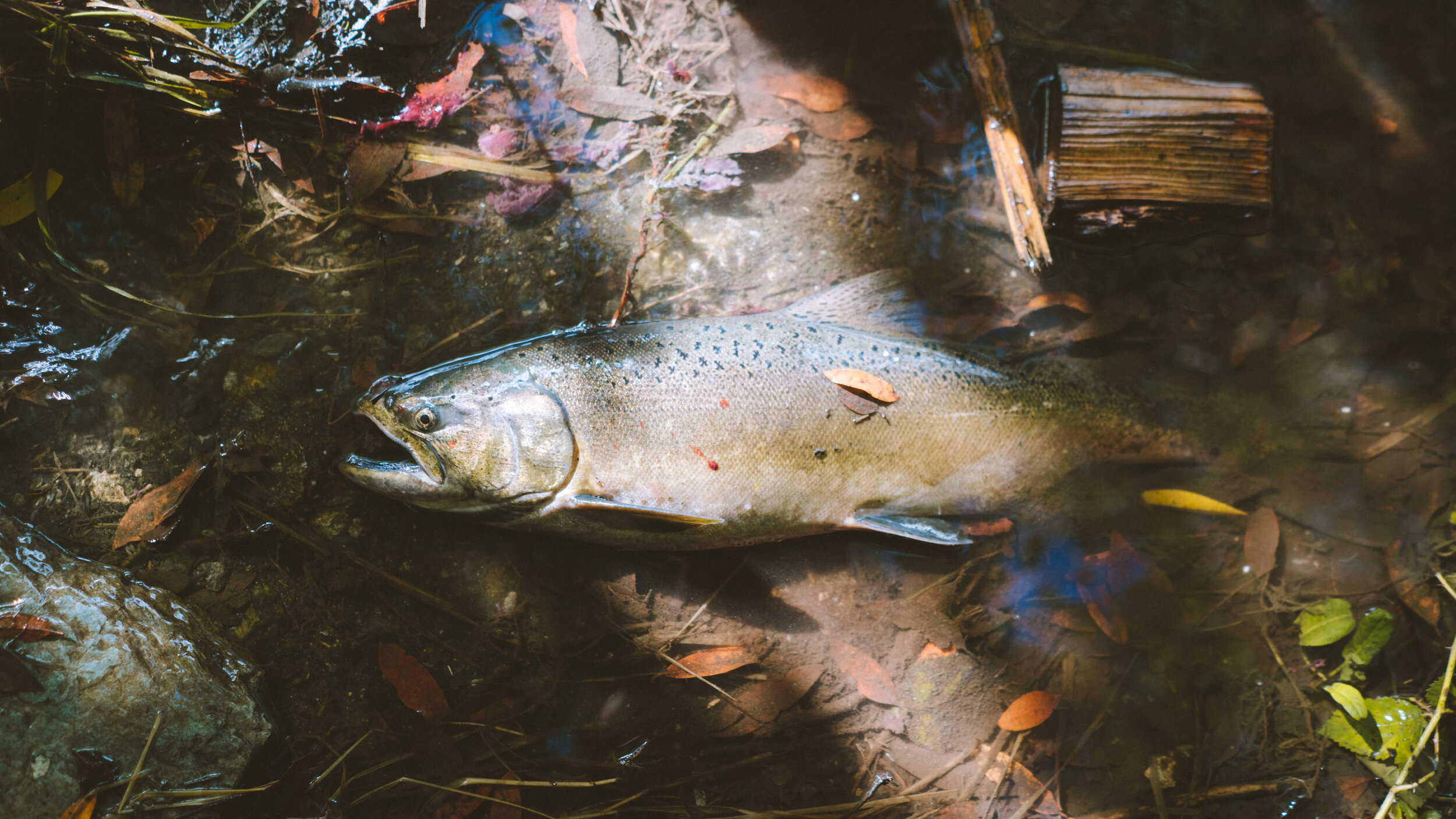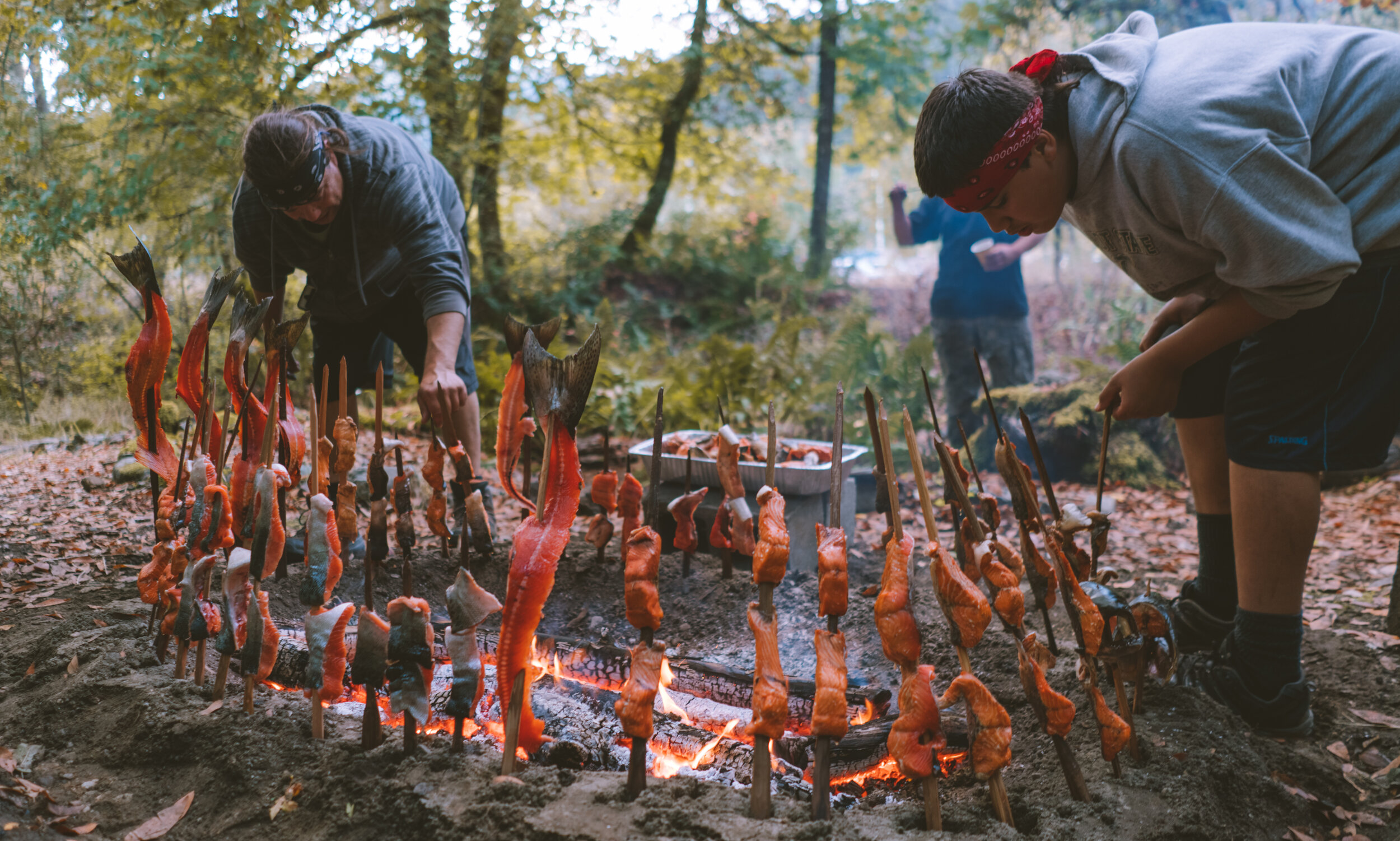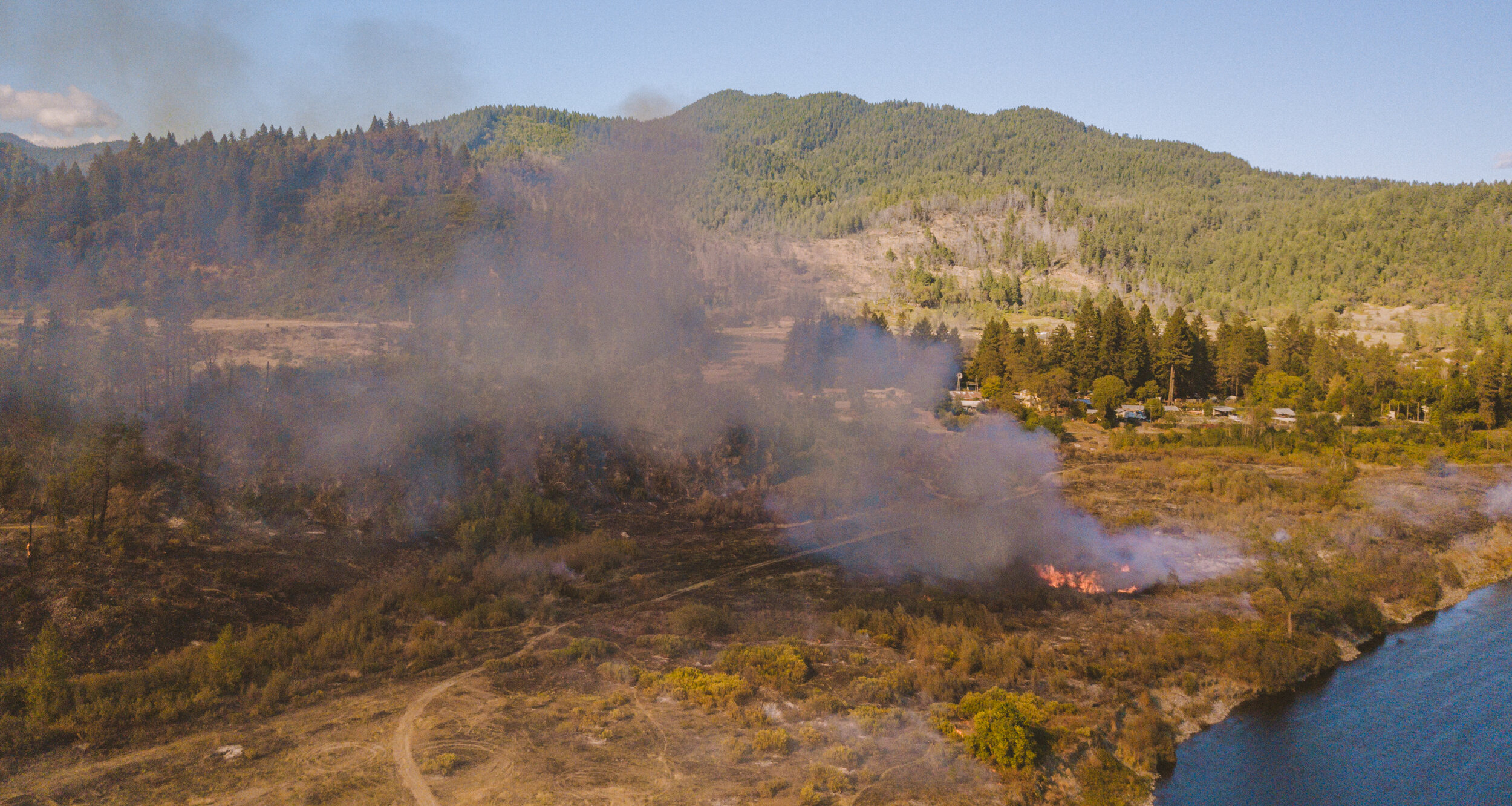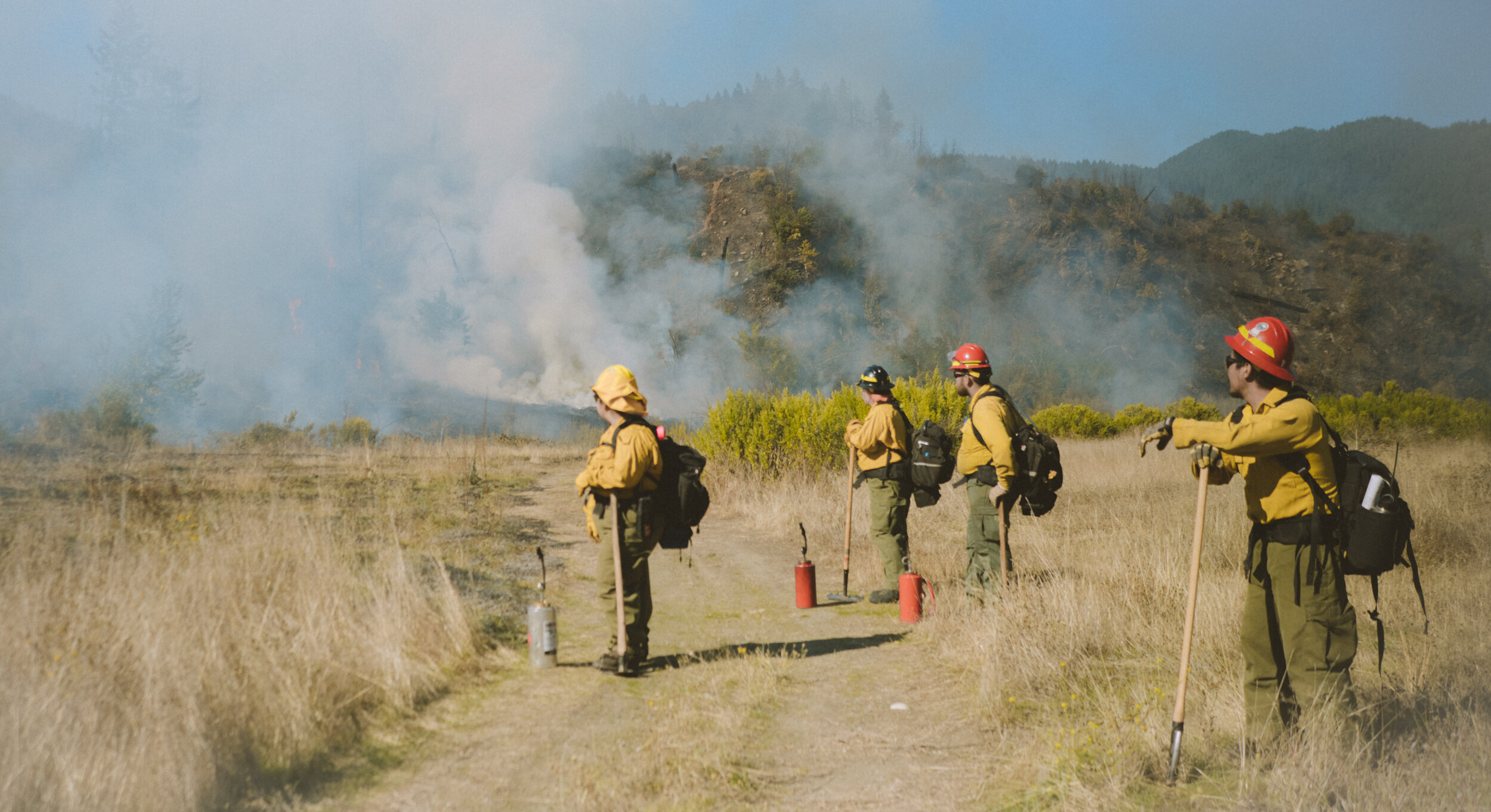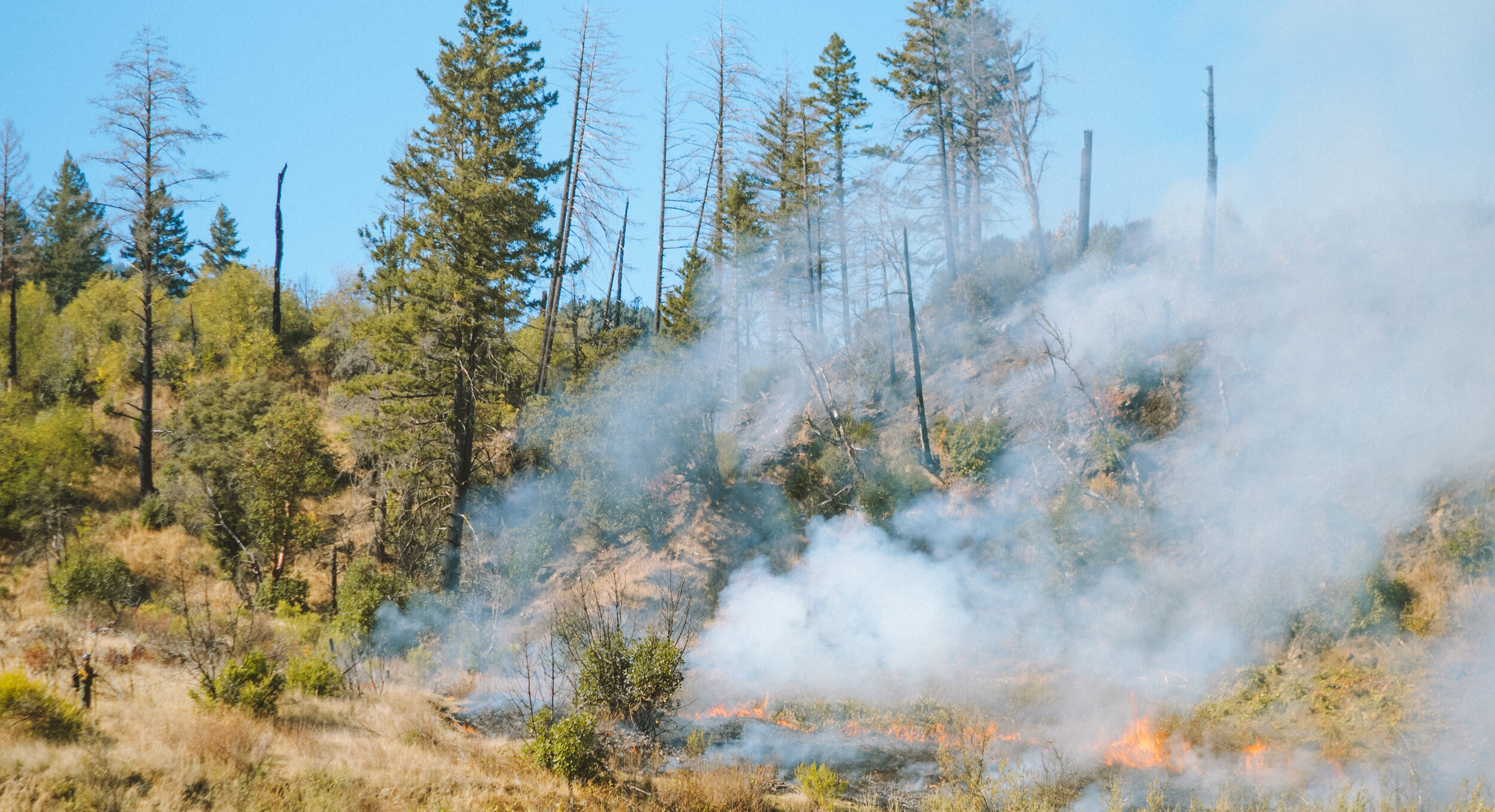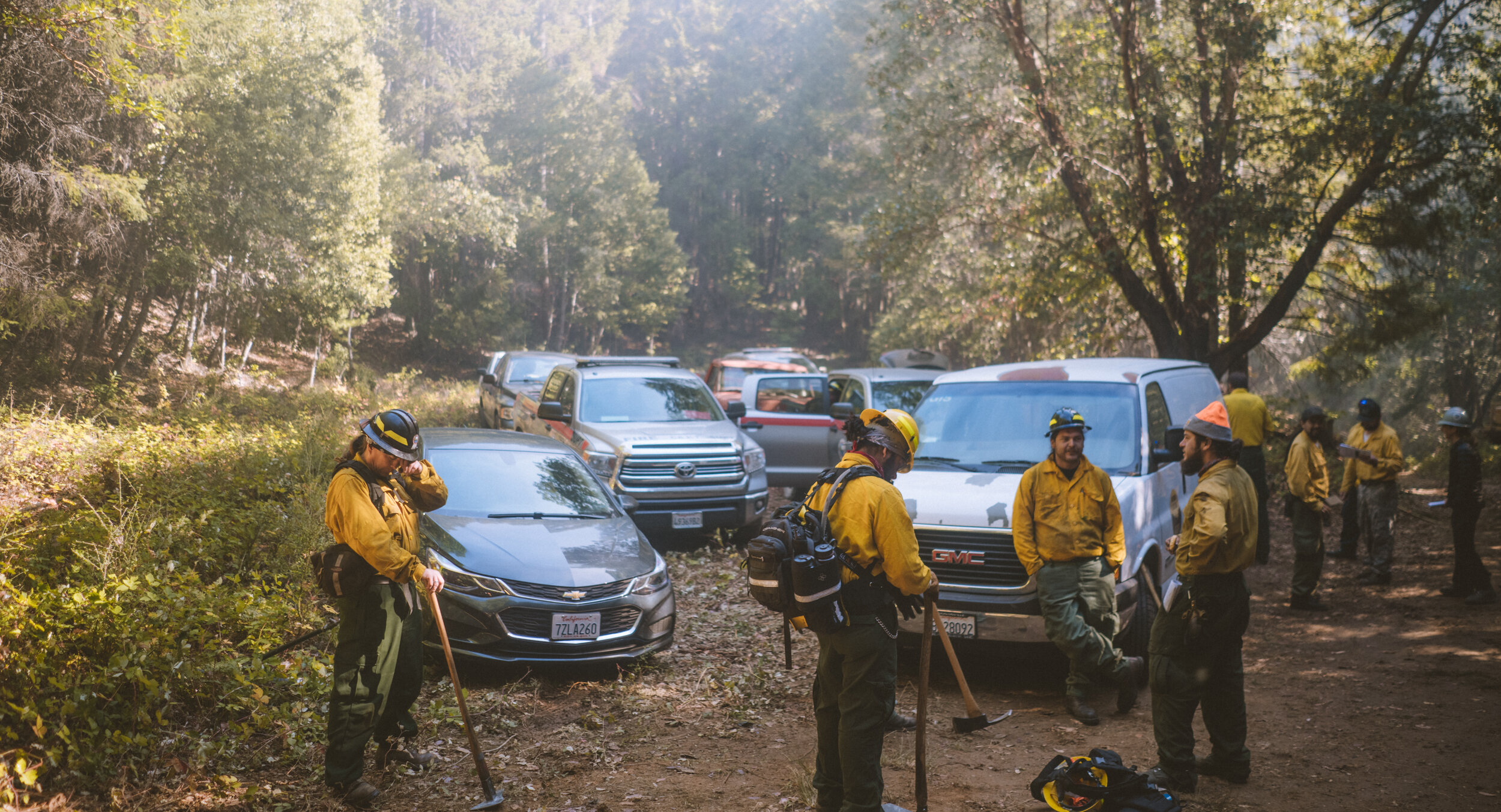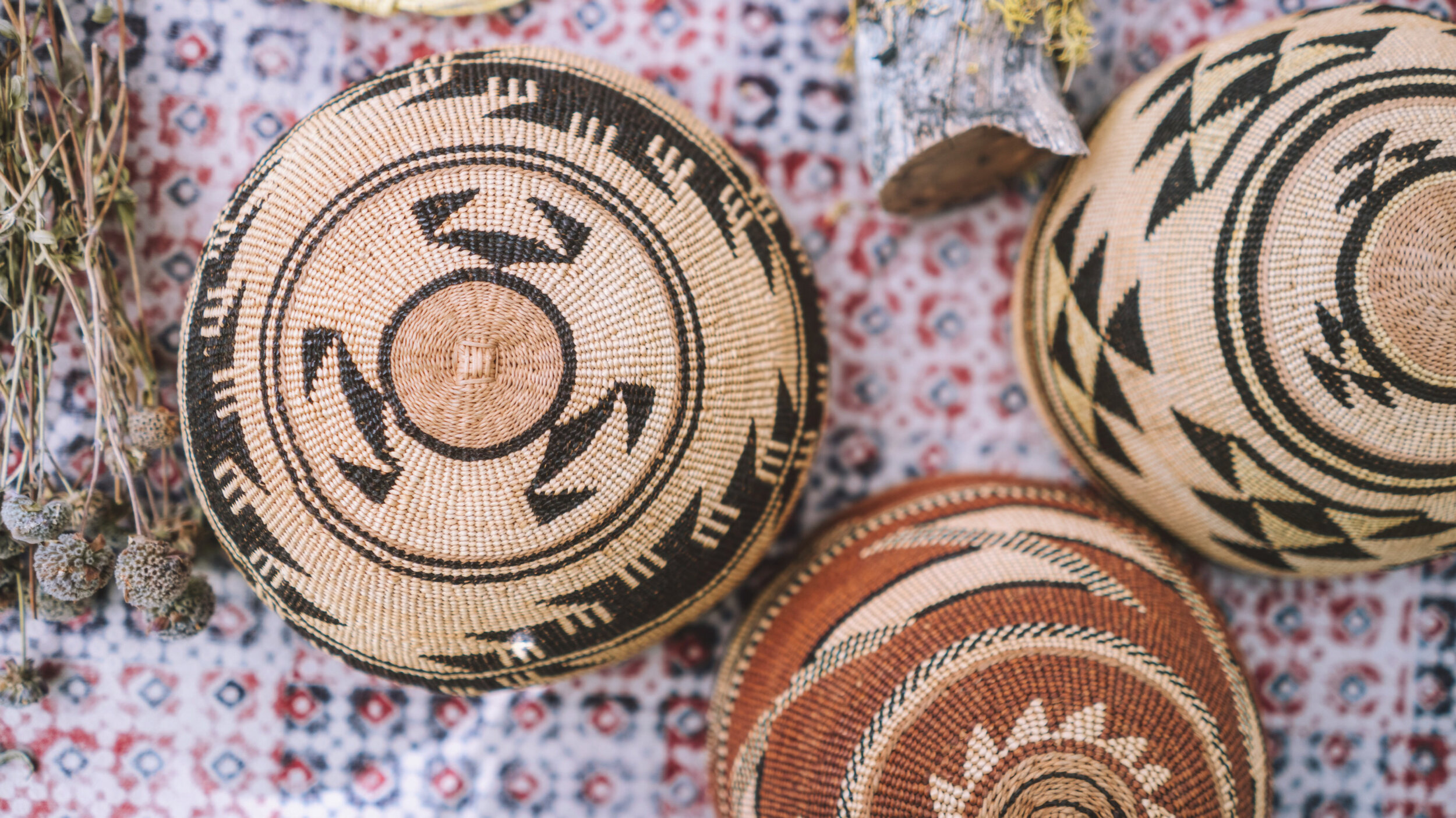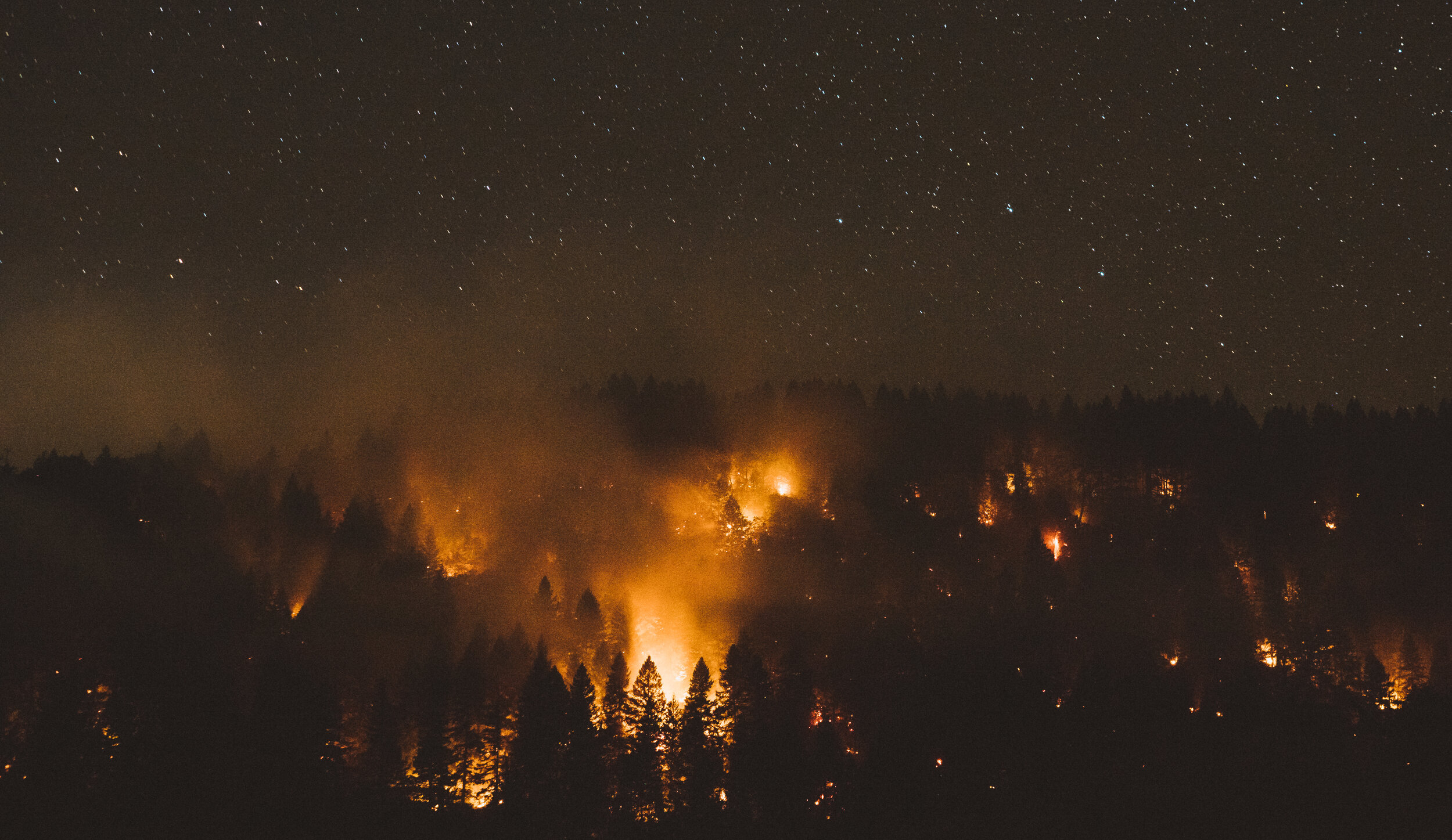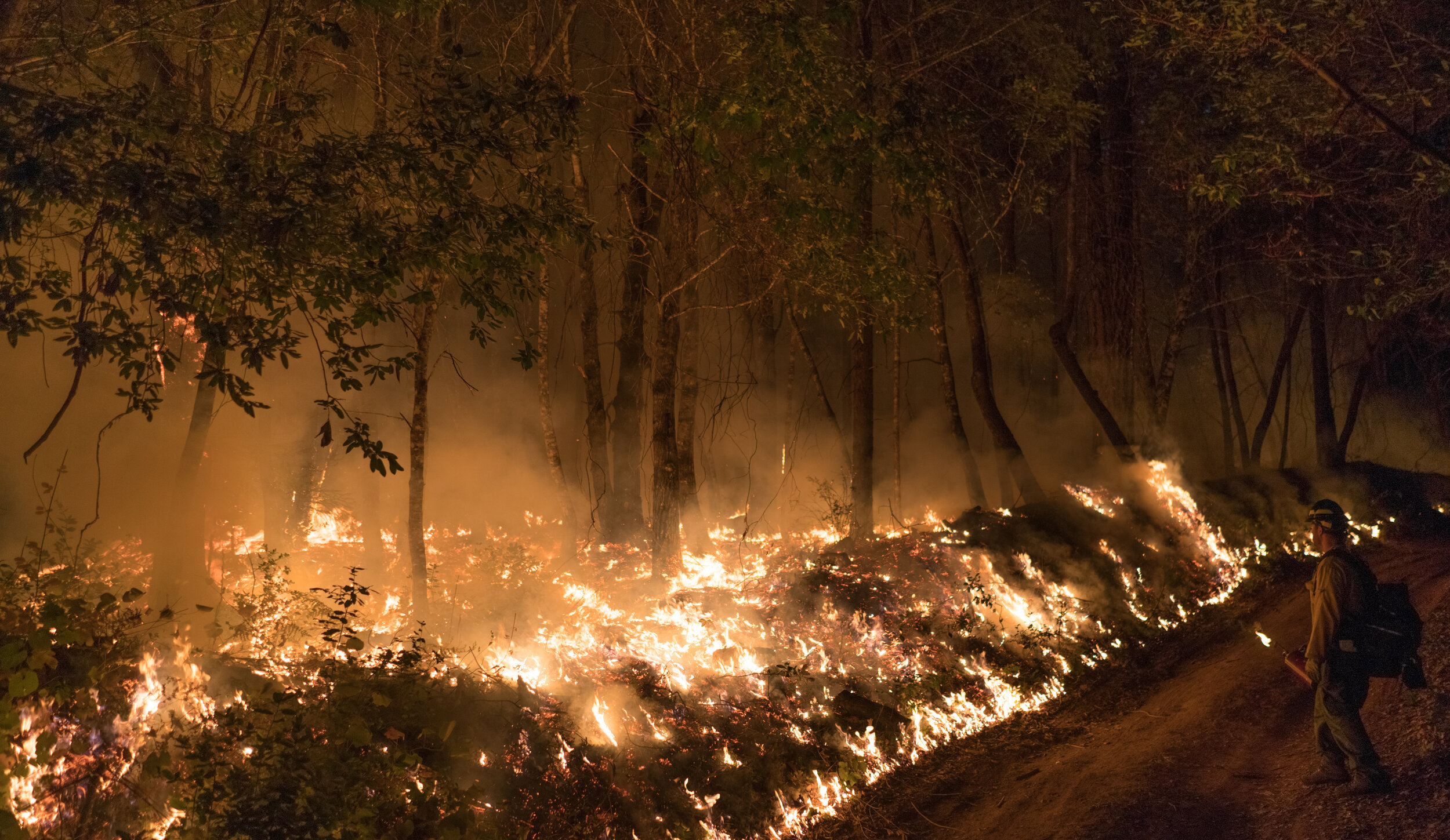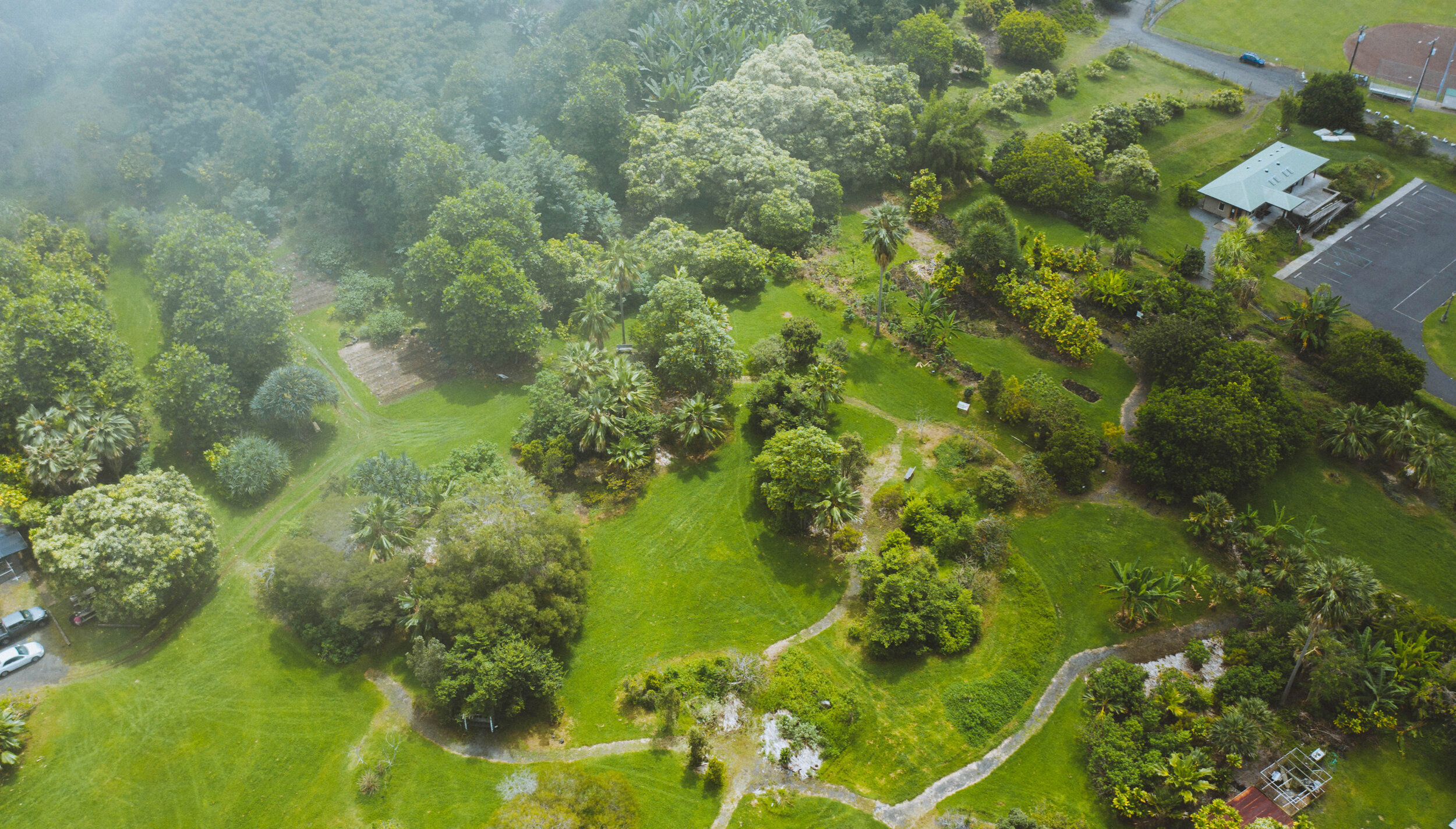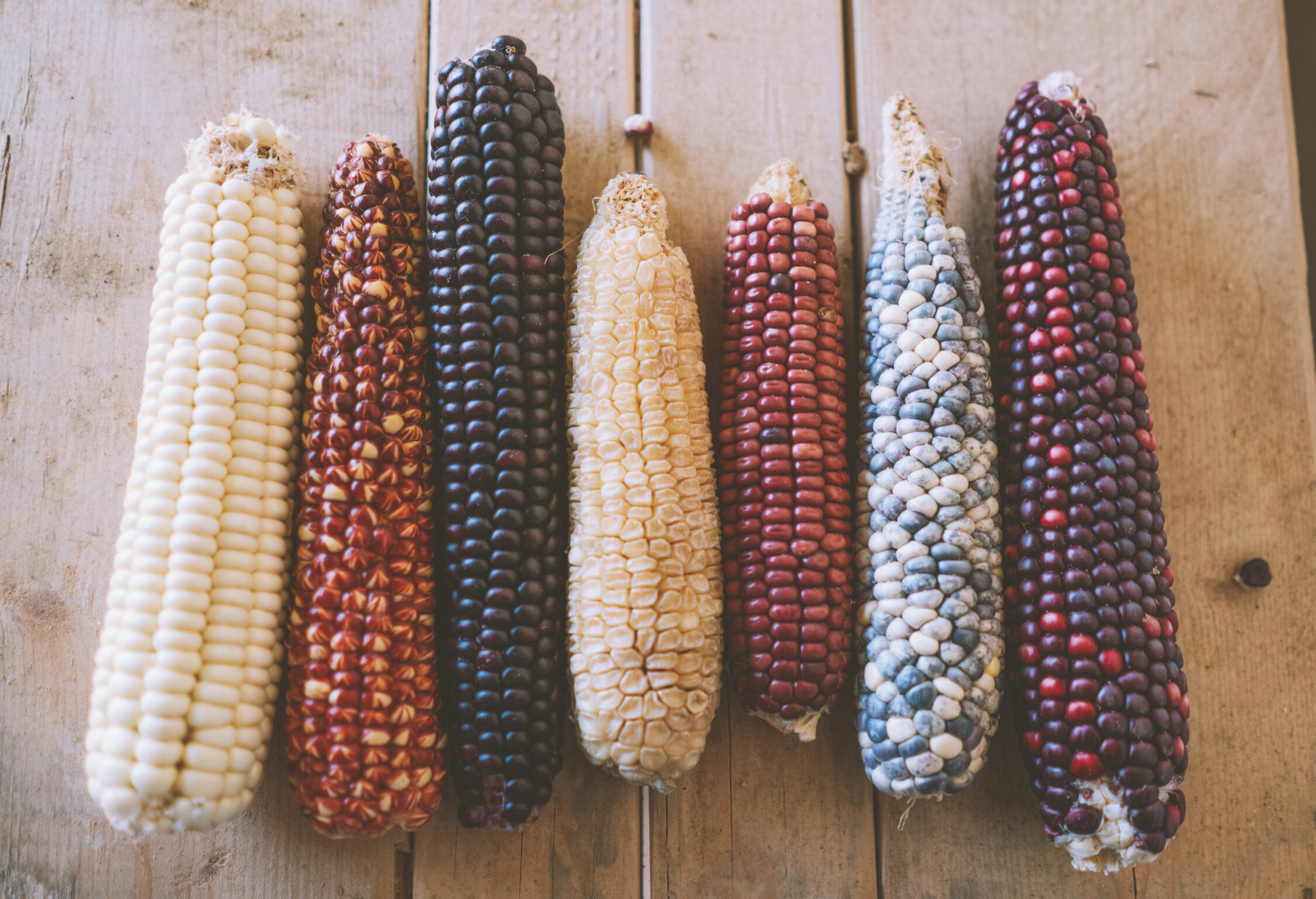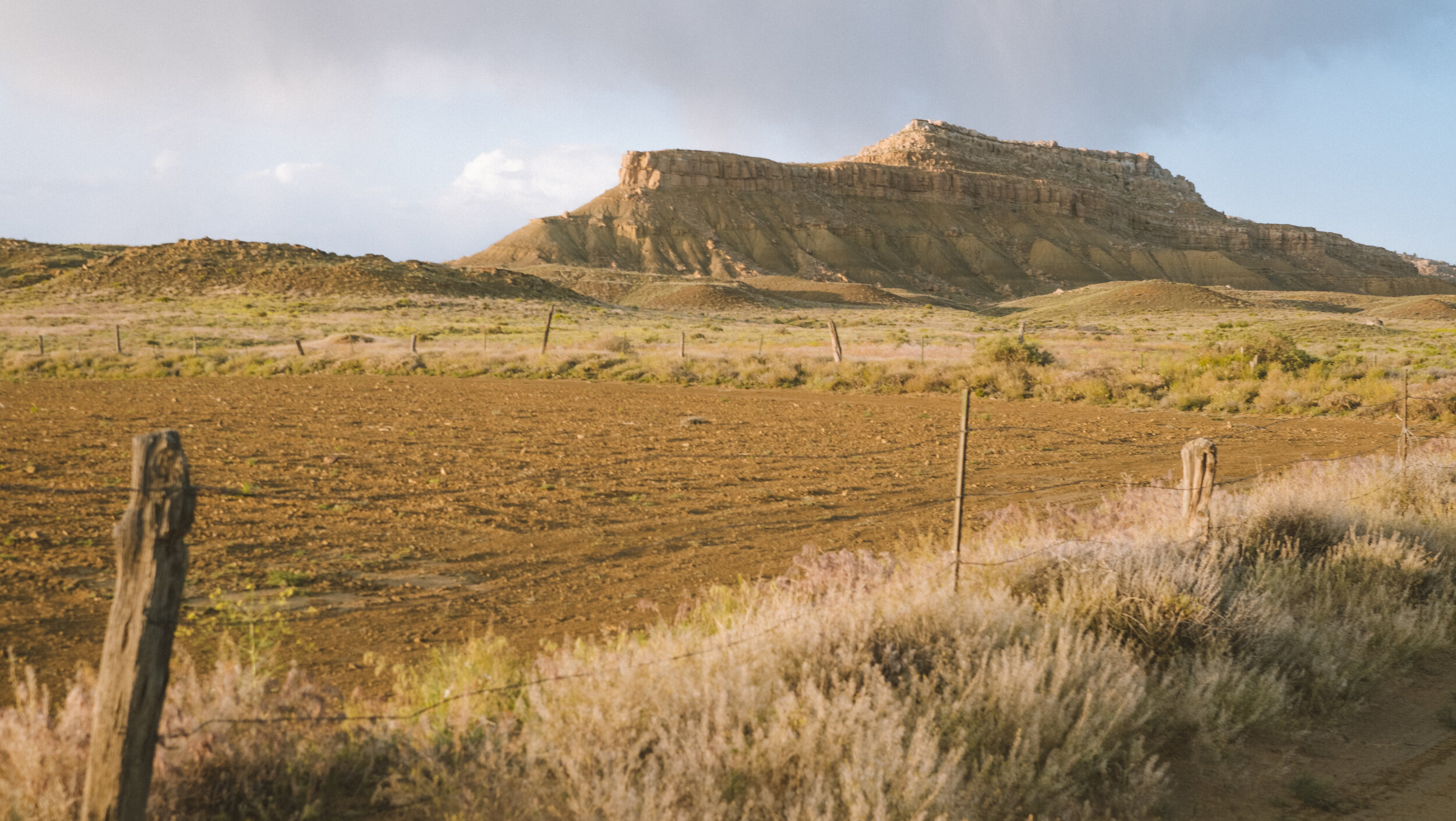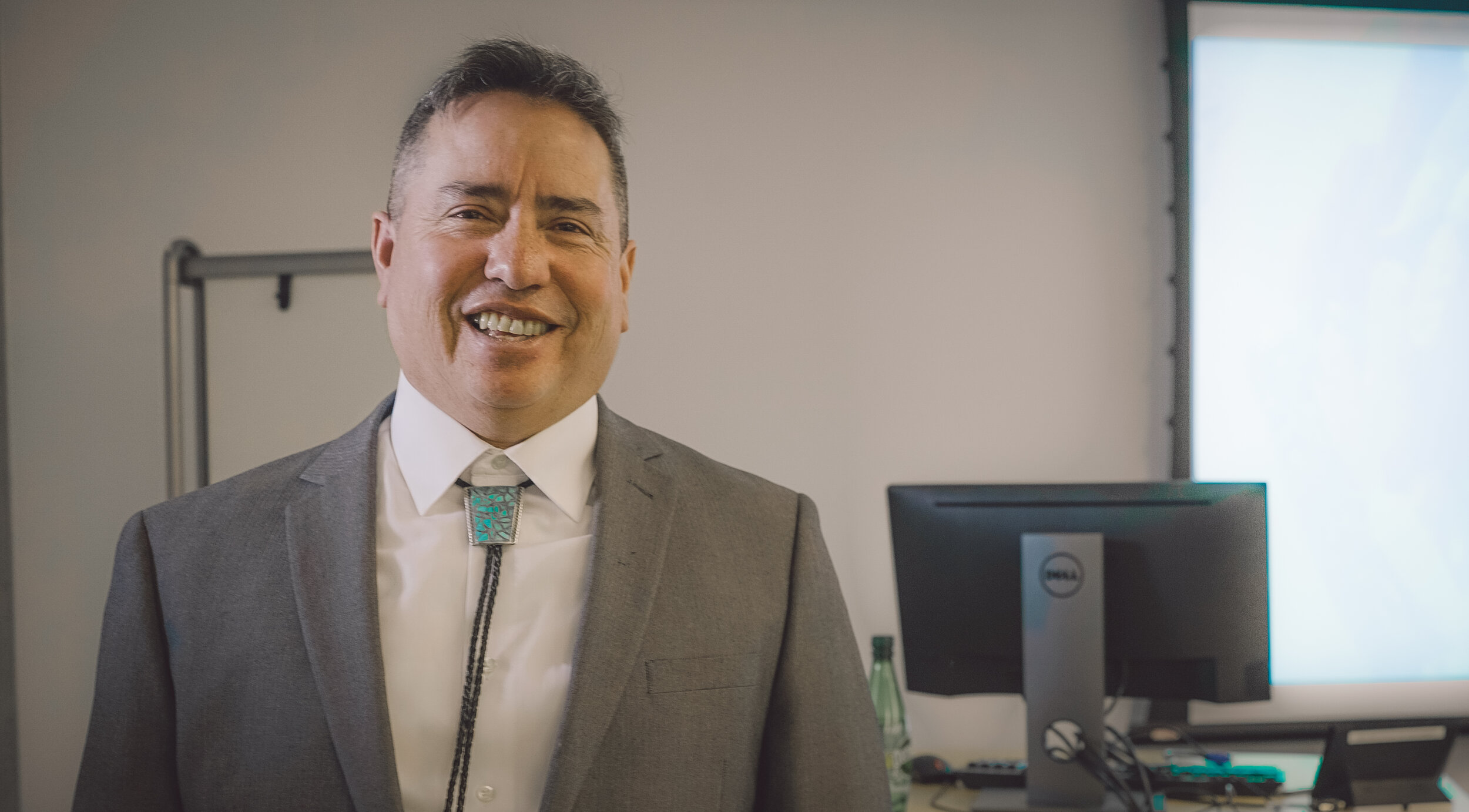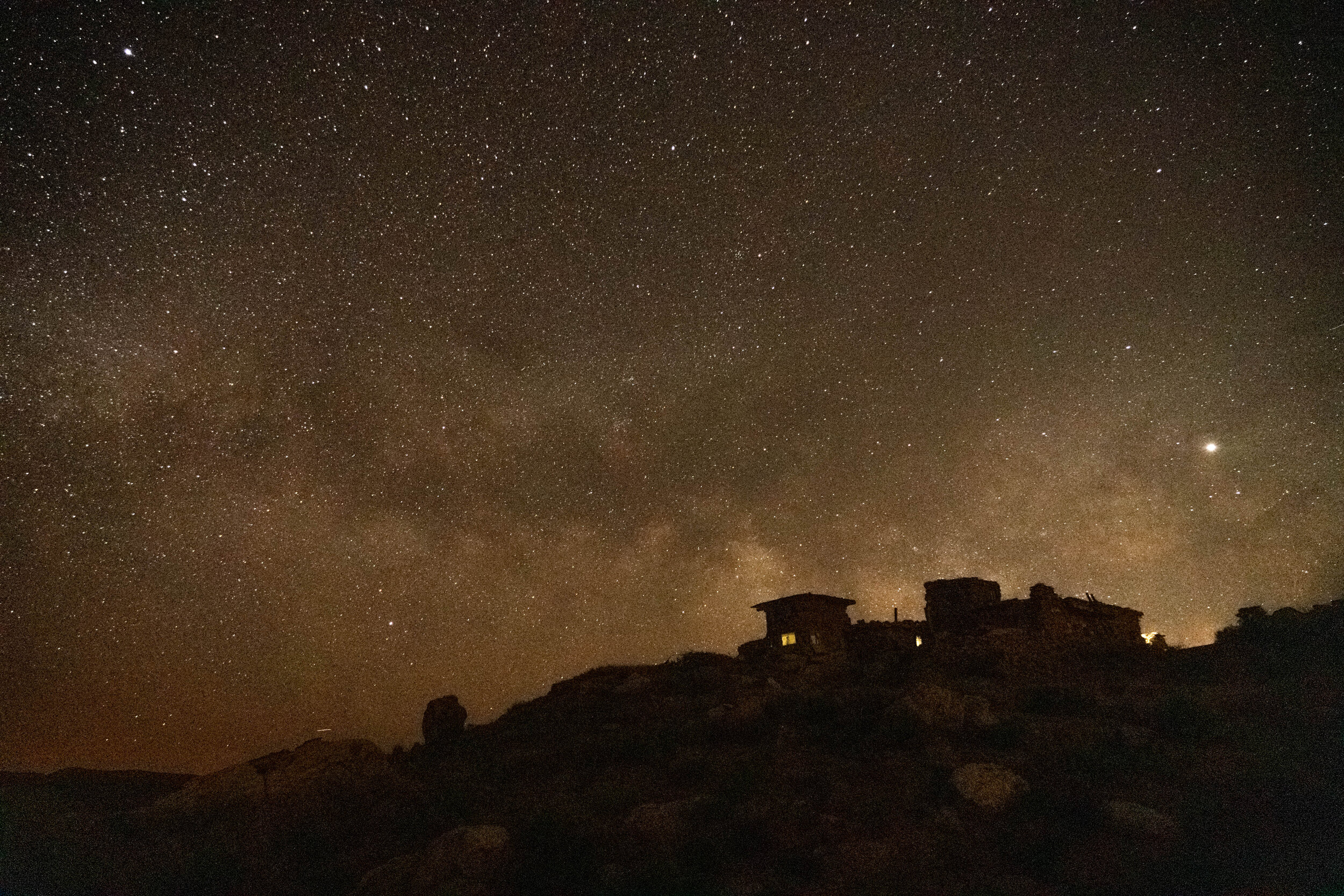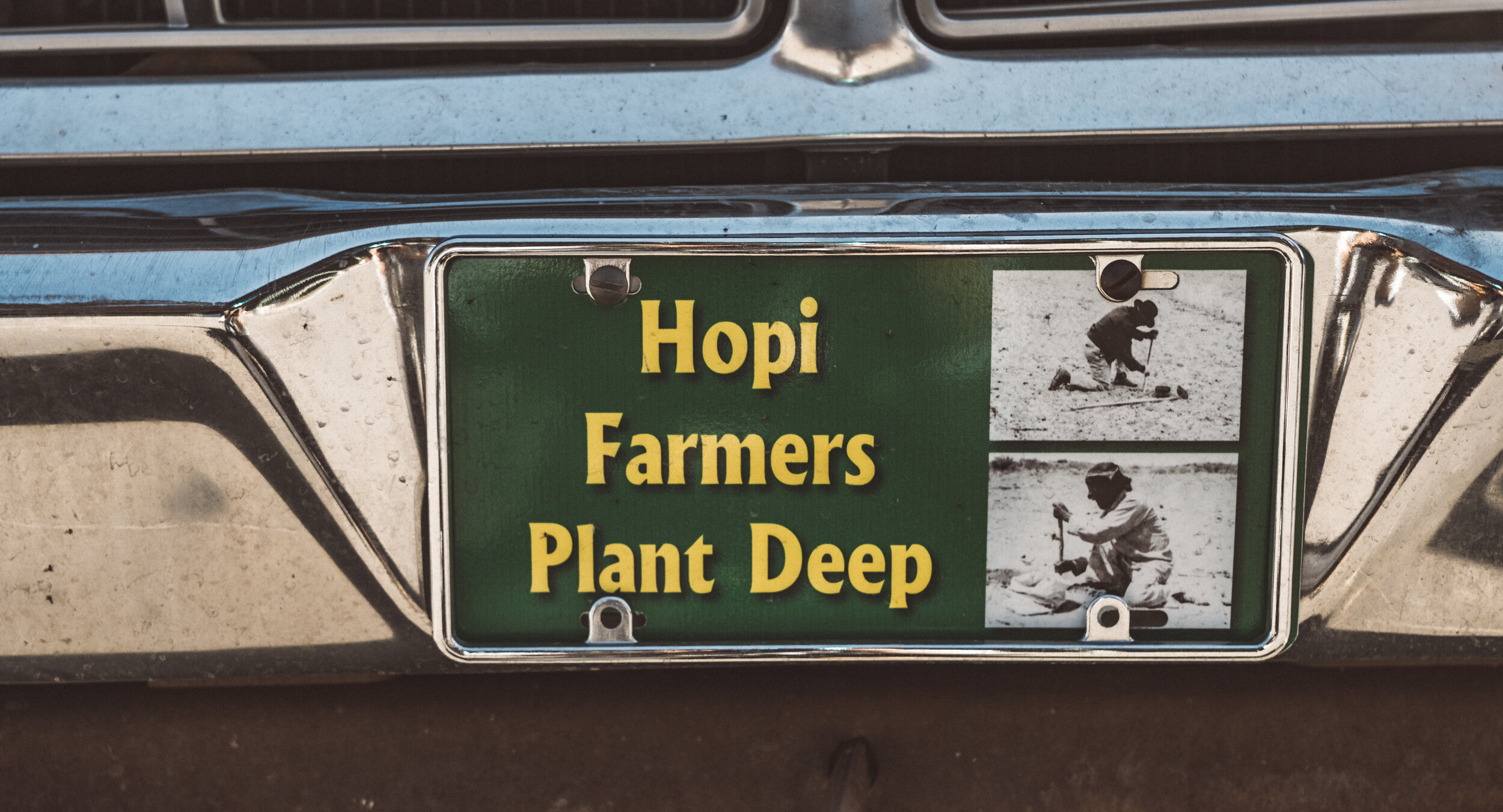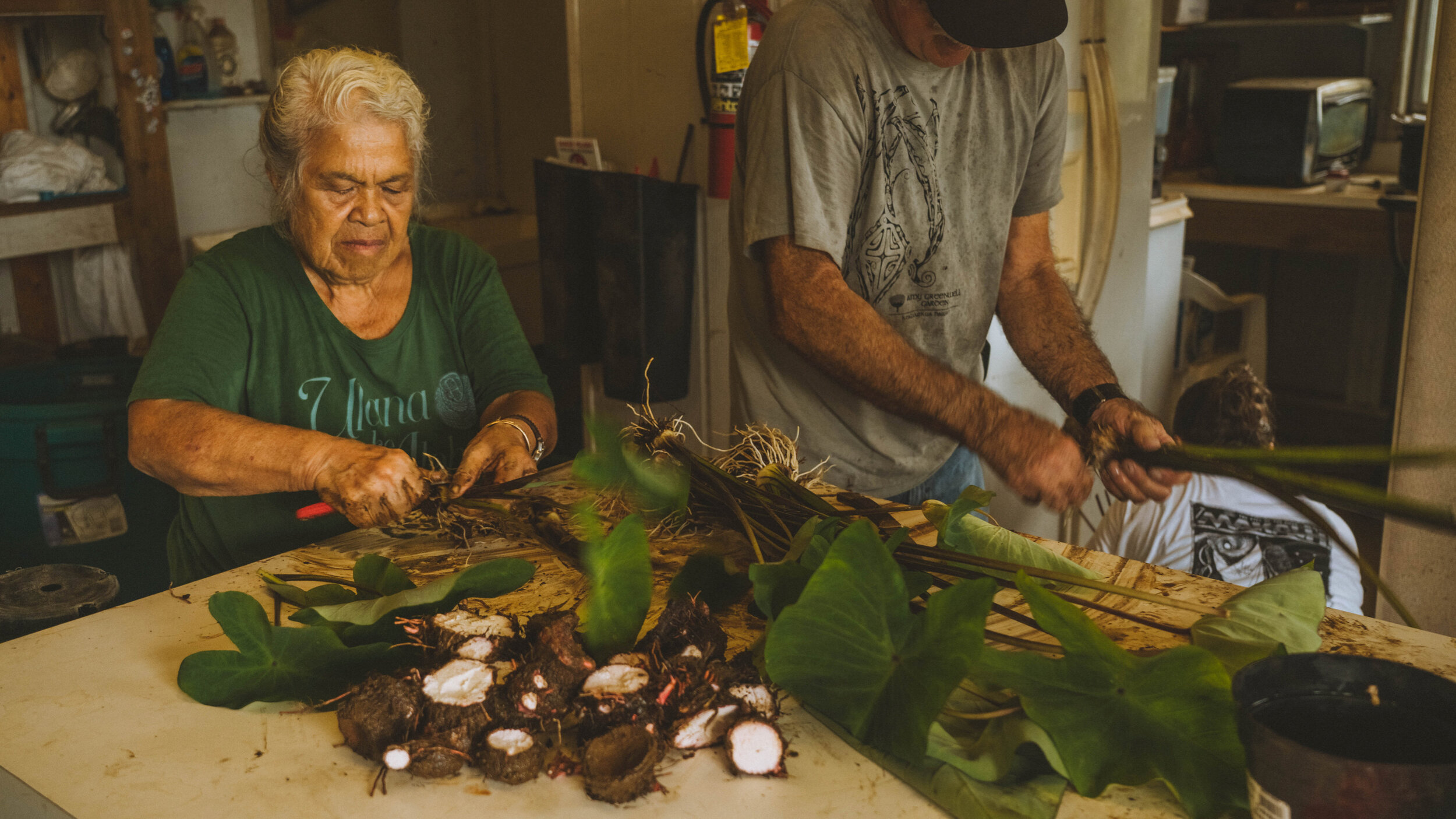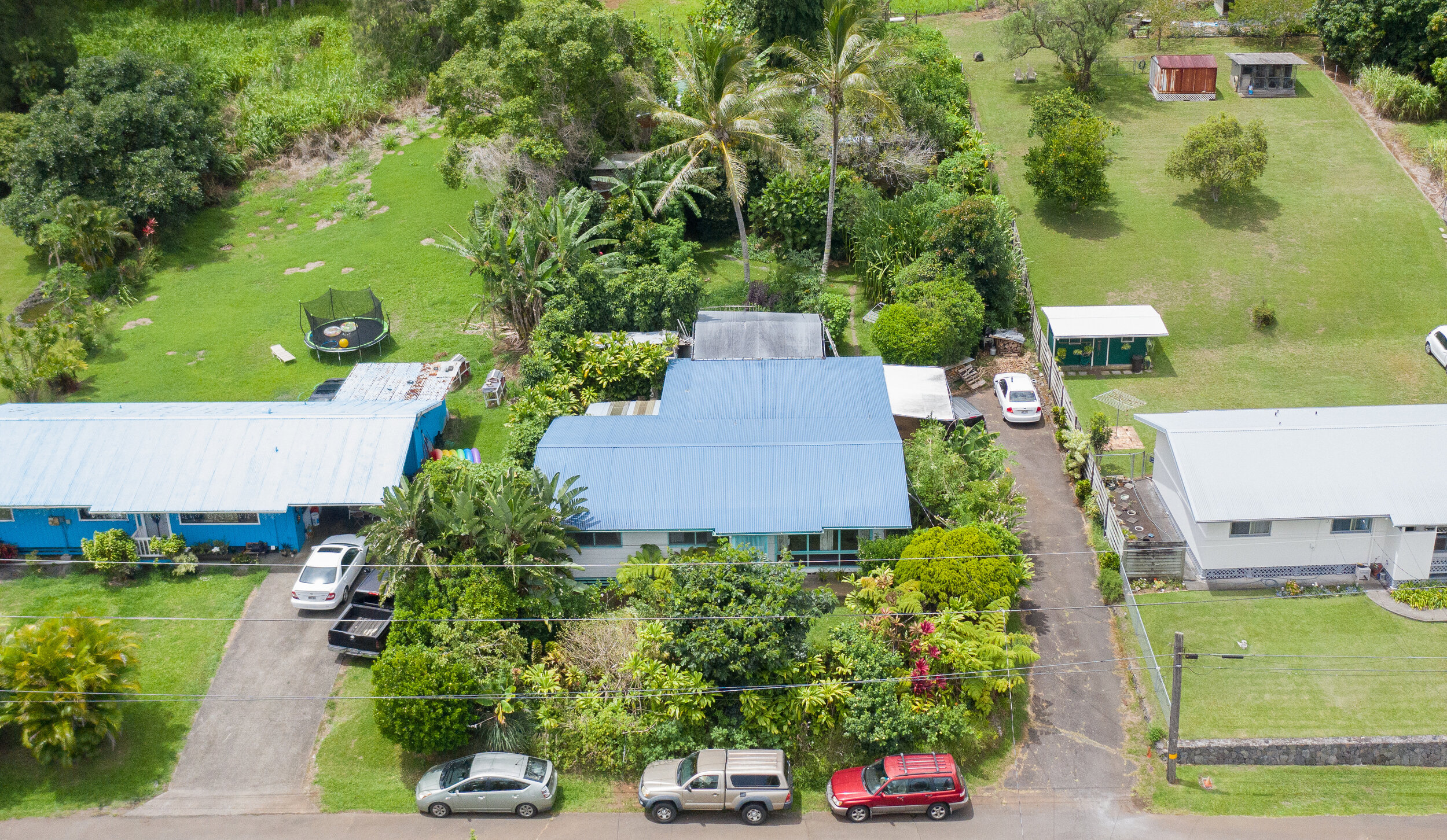Inhabitants follows five Native American Tribes across deserts, coastlines, forests, and prairies as they restore their traditional land management practices. For millennia Native Americans successfully stewarded and shaped their landscapes, but centuries of colonization have disrupted their ability to maintain traditional land management practices. From deserts, coastlines, forests, mountains, and prairies, Native communities are restoring their ancient relationships with the land. As the climate crisis escalates these time-tested practices of North America's original inhabitants are becoming increasingly essential in a rapidly changing world.
TRIBAL ADVISORY BOARD
This Tribal Advisory Board is working collaboratively with the film makers and includes representatives from each of the Tribes highlighted in the film. These partnerships ensure that the film is accurate, culturally appropriate and meets the needs of their communities.
Dr. Michael Kotutwa Johnson of the Hopi Tribe, is a PhD in Natural Resources and traditional Hopi dryland farmer – a practice of his people for over two millennia. His work includes lecturing about dryland farming and breaking down barriers for indigenous farmers working with the Natural Resource Conservation Service (NRCS) of the United States Department of Agriculture (USDA) . He also serves as a Research Associate for the Native American Agriculture Fund (NAAF).
Kalani Souza of Native Hawaii, is a a Hawaiian practitioner and cross cultural facilitator working to build community resilience to climate change with a specific focus on food sovereignty. He is the Executive Director of the Olohana Foundation a 501c3 that serves native and underserved peoples in Hawaii, the U.S. mainland, Alaska, U.S. Virgin Islands, U.S. Pacific Islands, Micronesia, and Mauritius.
Ervin Carlson of the Blackfeet Tribe, is a member of the Blackfeet Nation in Montana. He is the Director of the Blackfeet Buffalo Program and President of the Intertribal Buffalo Council (ITBC)
Teri Dahle of the Blackfeet Tribe, is the Program Director of the Iinii Initiative working to conserve traditional lands, protect Blackfeet culture, strengthen ecological integrity and create a home for the buffalo to return. It is a collaboration with the four sister tribes that make up the Blackfoot Confederacy. (Blackfeet Nation, Kainai Nation, Piikani Nation, and Siksika Nation). Other partnerships include the Oakland Zoo and the Wildlife Conservation Society(WCS)
Bill Tripp of the Karuk Tribe, is the Deputy-Director of Eco-Cultural Revitalization for the Karuk Tribe’s Department of Natural Resources. He is a specialist on forest management and the lead author on the Karuk Eco-cultural Resource Management Plan (ECRMP) and co-author of the Karuk Climate Adaptation Plan. His work involves developing partnerships and strategic action plans to enable large landscape collaborative management throughout Karuk Aboriginal Territory and beyond.
Chris Caldwell of the Menominee Tribe, is the Director of the Sustainable Development Institute at the College of Menominee Nation. His expertise are Tribal resilience, Applied Research and Outreach, Cross-cultural and cross-disciplinary communication.
FIELD TEAM
Co-Director/Cinematographer: Costa Boutsikaris shot, directed and edited his first feature Documentary in 2013 entitled INHABIT: A Permaculture Perspective. This film explored ecological design solutions across the Northeast US and premiered in 2015 and has screened in over 30 countries and 25 film festivals winning multiple awards. Since Being Released in 2015 INHABIT has won the AUDIENCE CHOICE AWARD at the Yale Environmental Film Festival and the Princeton Environmental Film Festival and the BEST IN THEME at the Wild and Scenic Film Festival.
Producer/Co-Director: Anna Palmer has been researching climate change on tribal areas in the American Southwest for three years. She has developed strong working relationships with tribal members and research partners affiliated with the Native Waters on Arid Lands (NWAL) project funded by the U.S. Department of Agriculture (USDA)- National Institute of Food and Agriculture (NIFA).
Executive Producer: Emmanuel Vaughan-Lee has directed and produced numerous films and virtual reality experiences that have played at festivals including: New York Film Festival, Tribeca Film Festival, SXSW Film Festival Thessalonioki Documentary Film Festival, Hot Docs, San Francisco Intl Film Festival and Sheffield Documentary Film Festival. His films have been featured and distributed on PBS, National Geographic, The New York Times, The Atlantic, The New Yorker, Outside, Within, and exhibited at the Smithsonian Museum and London Barbican
Producer / Advisor: Ben-Alex Dupris is an enrolled member of the Colville Confederated Tribes, where he grew up. Over the years he has worked in commercial entertainment, tribal language preservation, youth media training, and most recently, documenting front-line environmental activism. His is currently a 2018 Concordia Studios Artist-In-Residence, headed by Academy-Award winner Davis Guggenheim. He is also newly awarded a prestigious 2018 Firelight Impact Producer's Fellow, 2017 Sundance Institute "Rauschenburg" Producer's Fellow, and a 2016 Redford Center Grantee for the project formerly named Oceti Sakowin.
Native Impact Producer: Colleen Cooley is Diné, originally from the communities of Blue Gap and Shonto, Arizona on the Navajo Nation. Her curious mind and innate connection to the lands and waters led her to earning a Master's Degree in Climate Science & Solutions from Northern Arizona University in 2012. Colleen is also an advocate and raft guide on the San Juan River, a community organizer, a facilitator, an amateur photographer, and a volunteer for the Flagstaff Mountain Film Festival (FMFF) and Colorado River Days. In 2020, she joined the FMFF board and in the same year, co-directed and was featured in a short documentary film “Water Flows Together” in which she shares her perspective on the importance of Indigenous land acknowledgement and understanding where our water comes from.
CURRICULUM ADVISORY BOARD
Through a partnership with FALCON and Faculty at tribal colleges we are working to develop companion educational materials that will accompany the film and be incorporated into coursework.
First American Land-Grant College Organization Network (FALCON) board. a nonprofit professional association of administrators, faculty and staff of land-grant tribal colleges and universities. FALCON is sanctioned by the American Indian Higher Education Consortium (AIHEC).
CO-PRODUCERS
This documentary has been made possible with support from the Kalliopeia Foundation and the Namaste Foundation.
Kalliopeia Foundation is responding to a need—a global challenge—to take spiritual as well as physical responsibility for our common home. Our programs and those we support engage with contemporary issues at their root, with the understanding that ecological, cultural, and spiritual renewal are interdependent. We envision a future rooted in fundamental values, such as compassion, respect, dignity, reverence for nature, and care for each other and the Earth.
Namaste Foundation is an expression of solidarity with many movements. Together we are here to serve the common good through understanding, collaboration, and relationship. We celebrate nonprofits with gifts and stories, honoring our ancestors and carrying hope for future generations.
FISCAL SPONSOR
This documentary is being made through the Fiscal Sponsor The SocialGood Fund 501c3 Non-Profit.
Social Good Fund works to create and establish positive influences for individuals, communities, and the environment. Our goal is to sponsor and develop projects that will help positively impact and develop local communities into healthier and happier places to live, work, and be.

